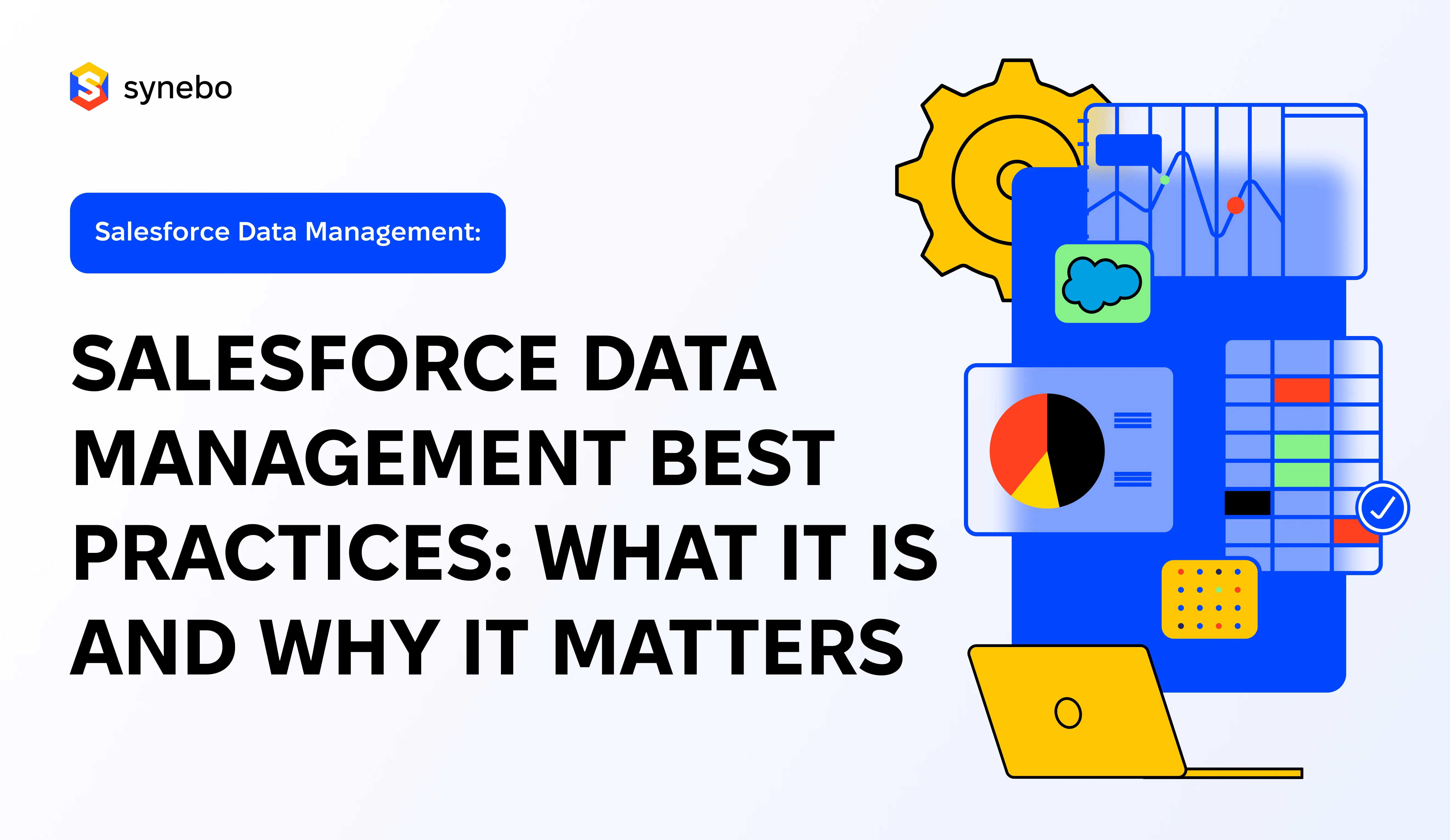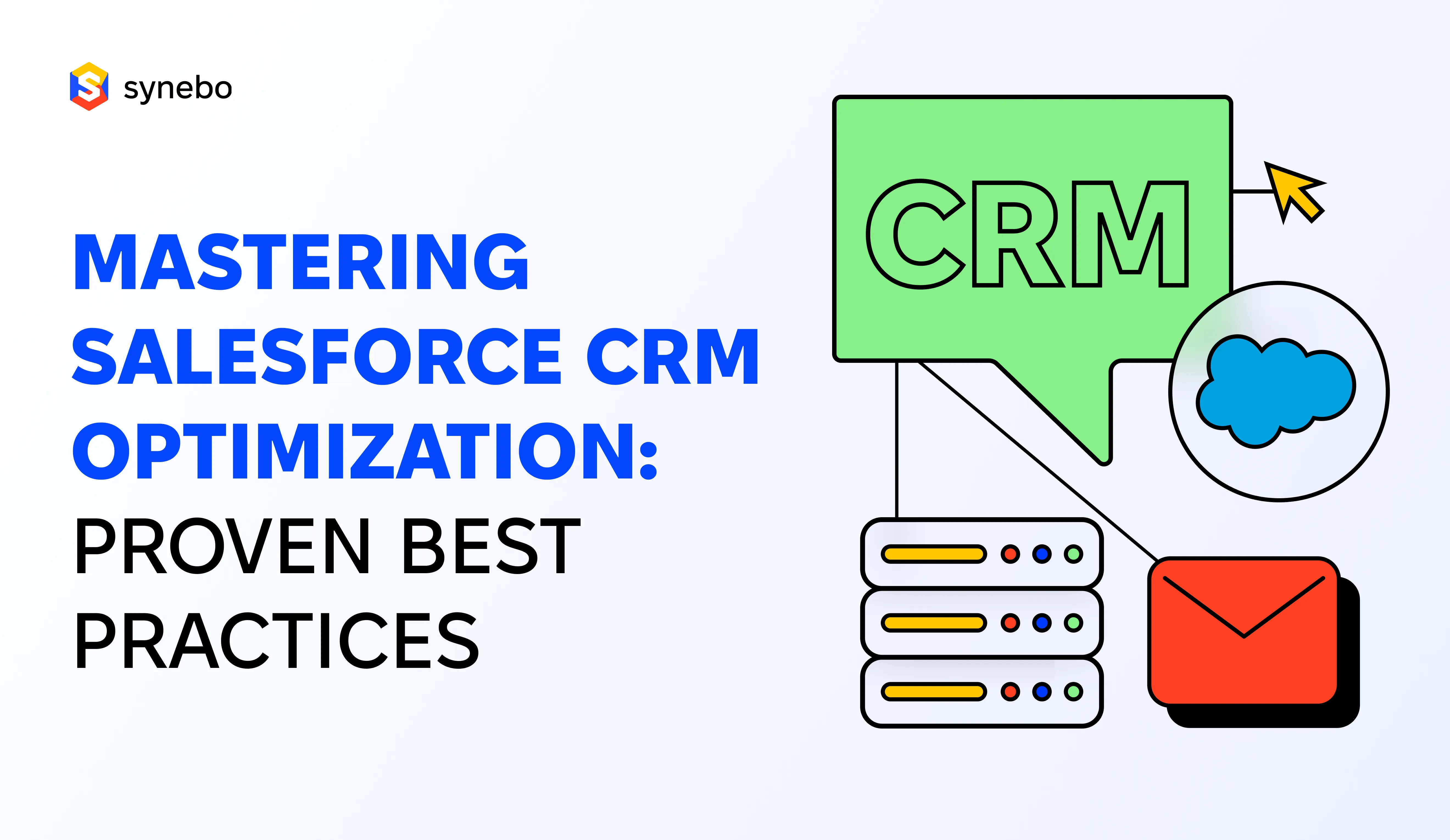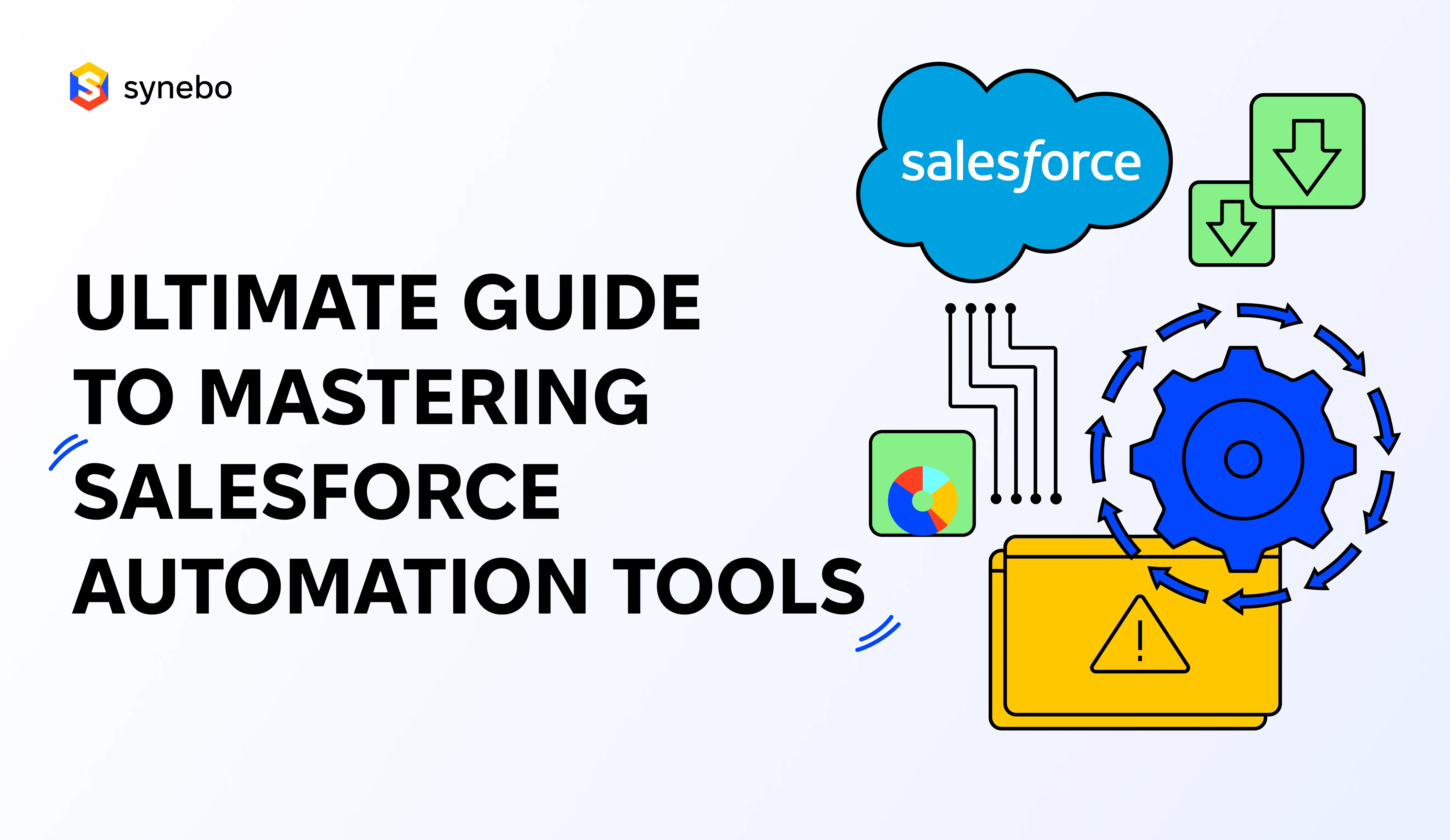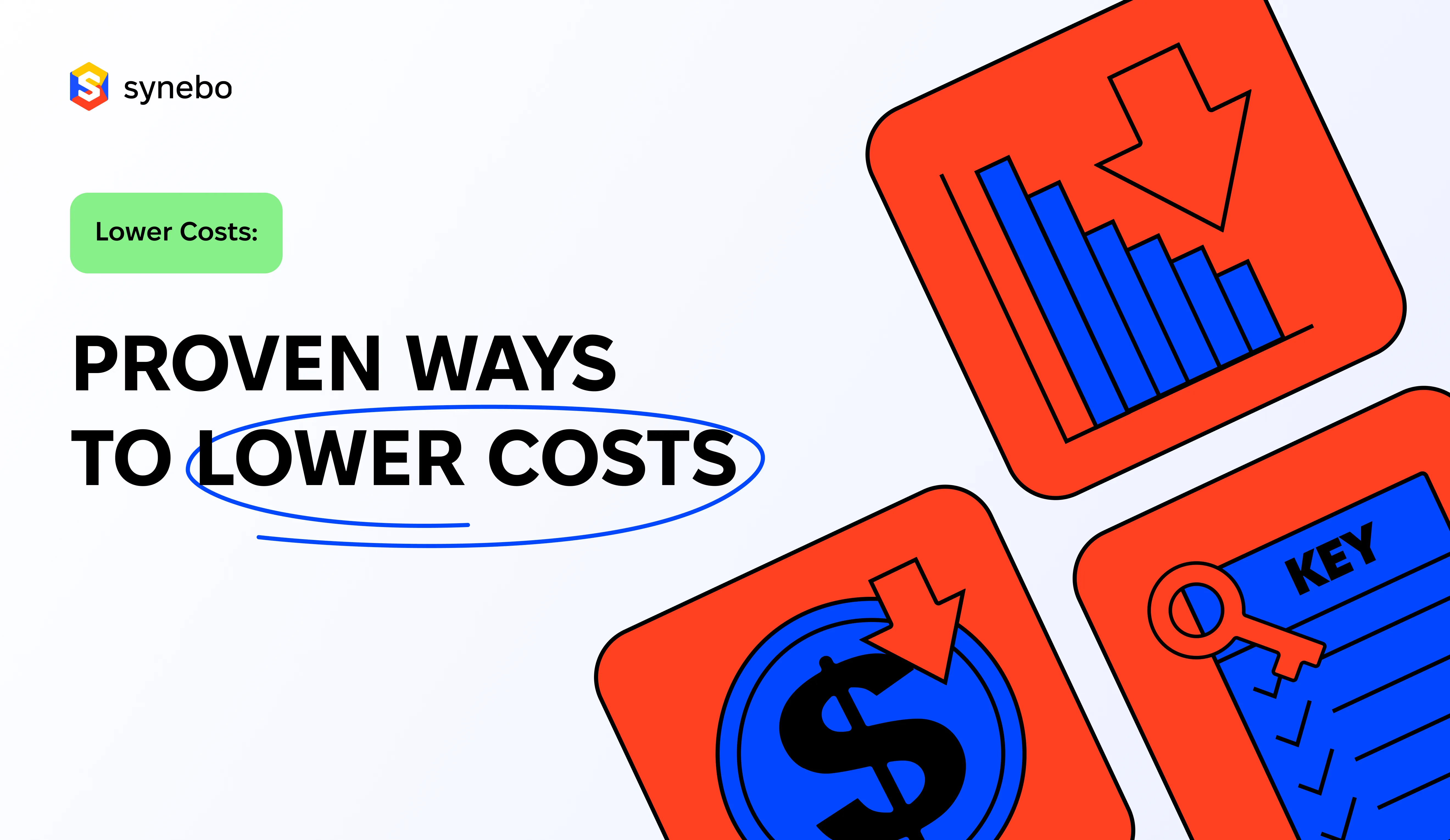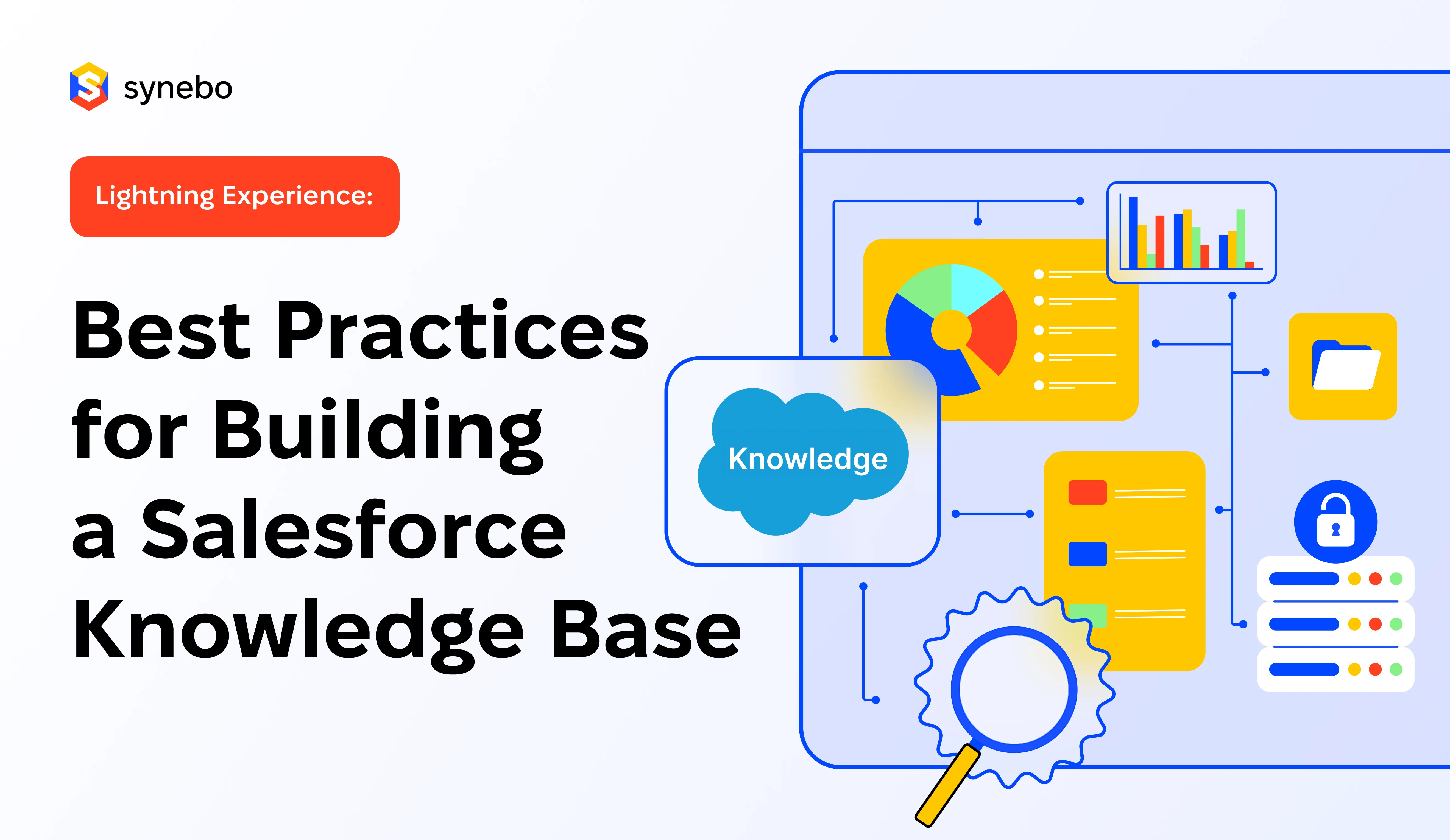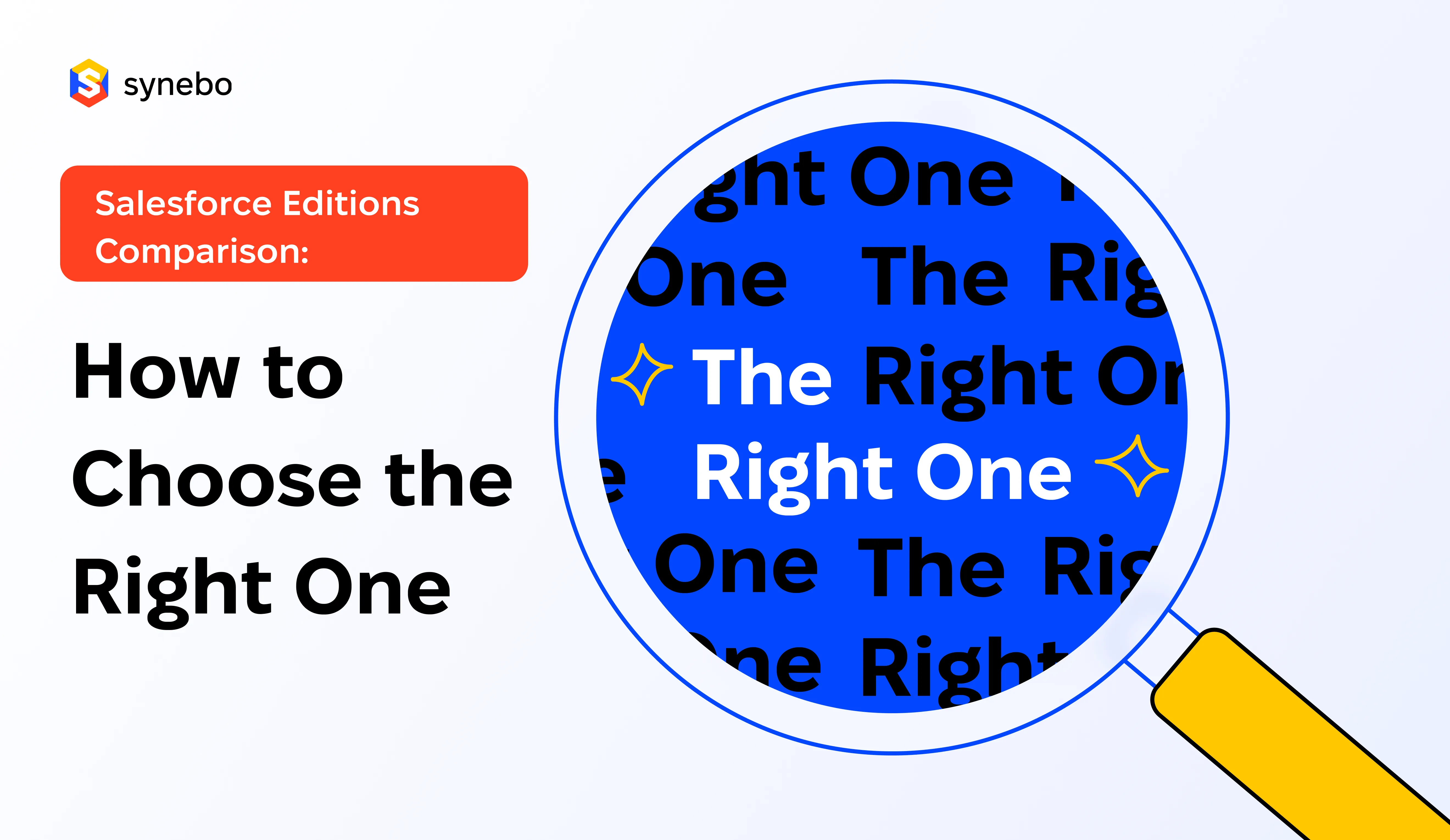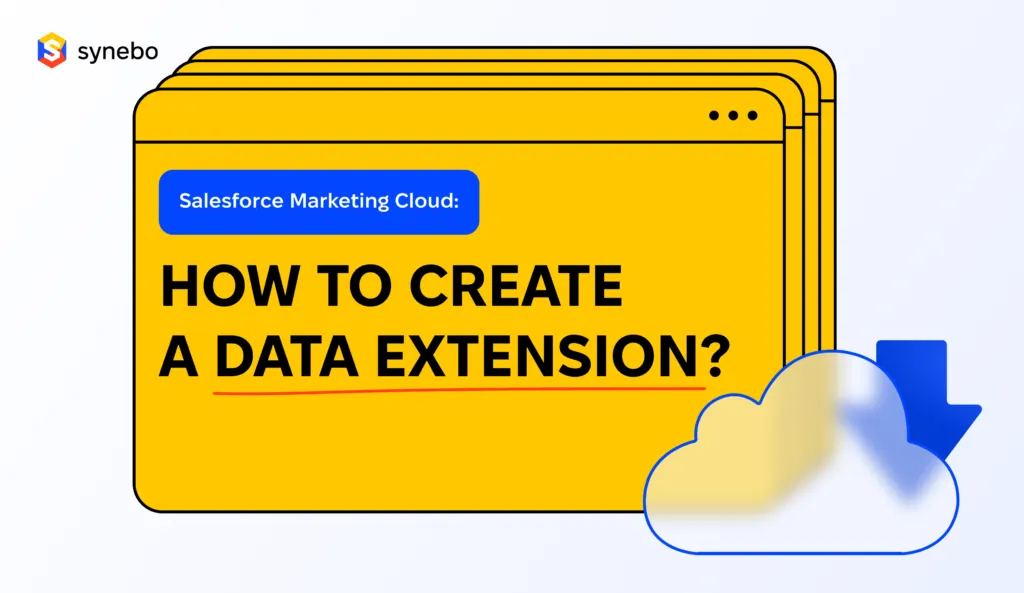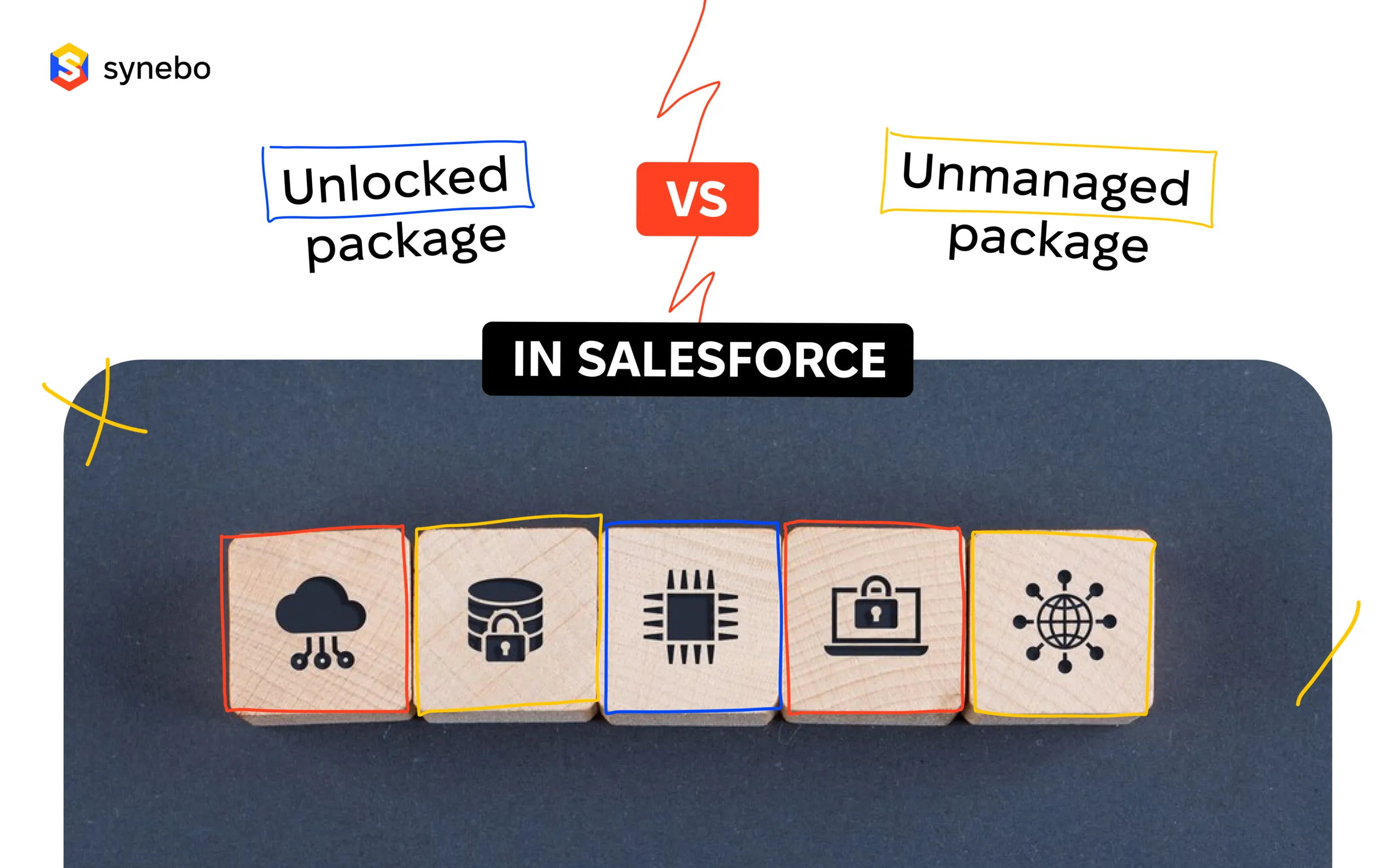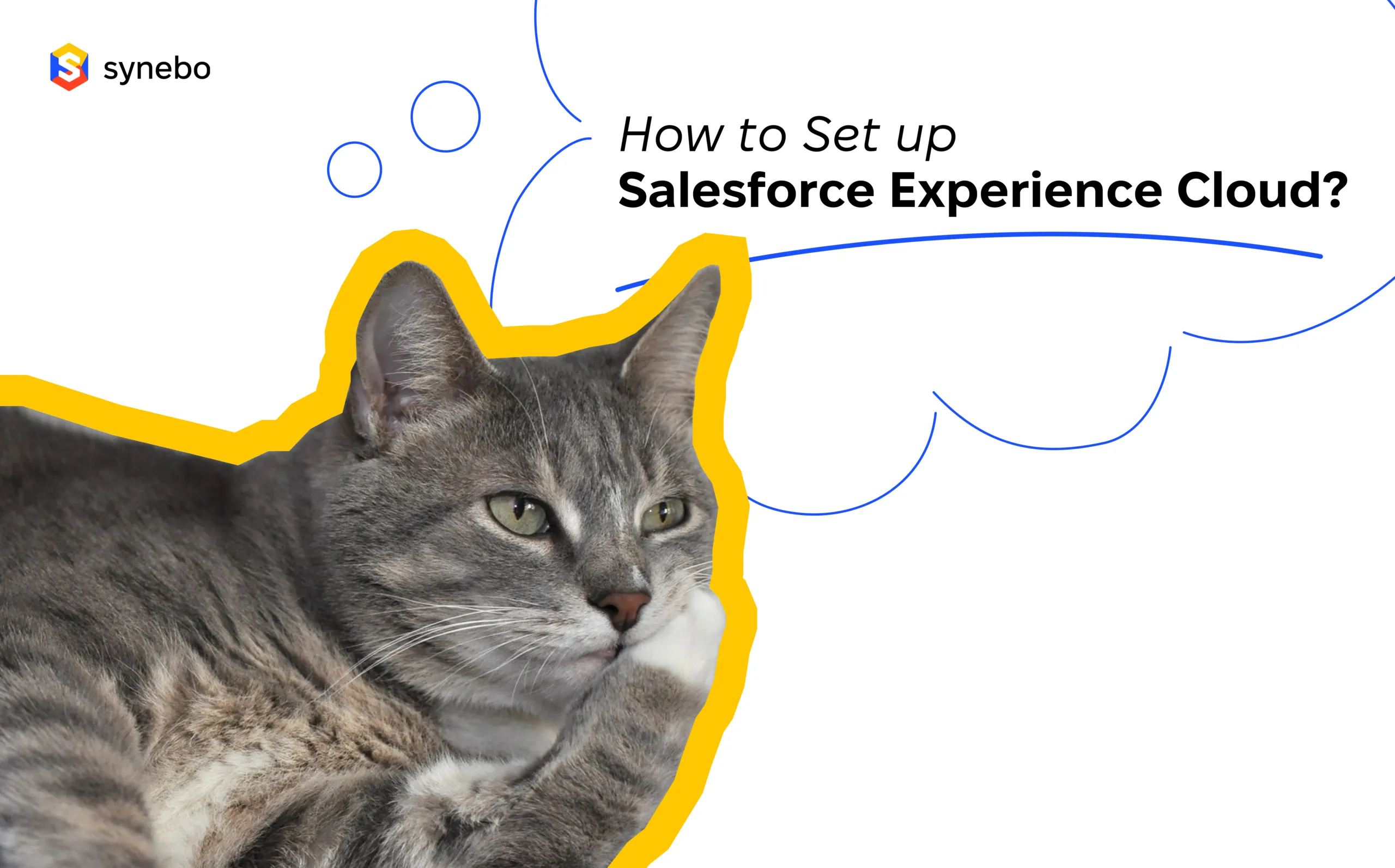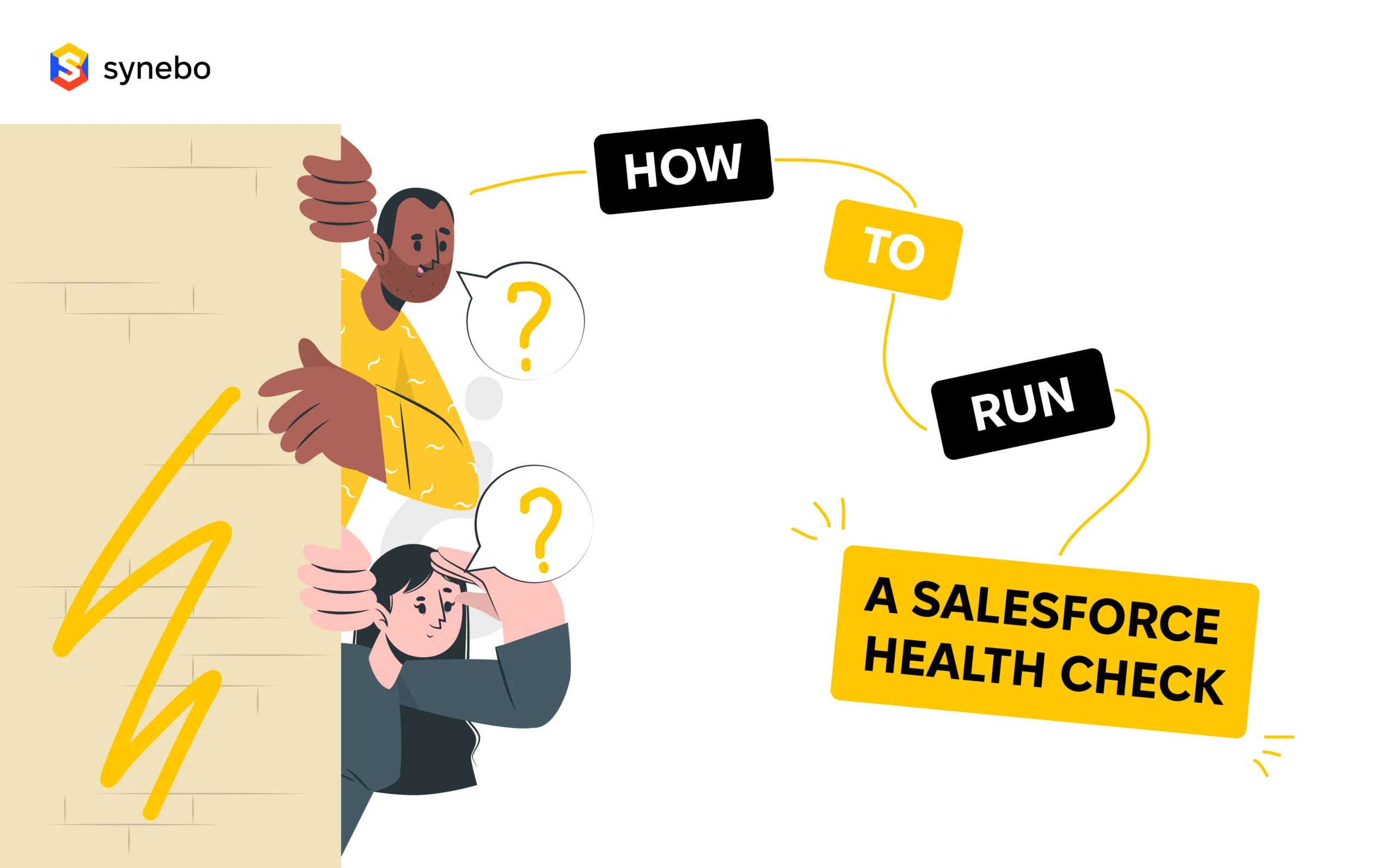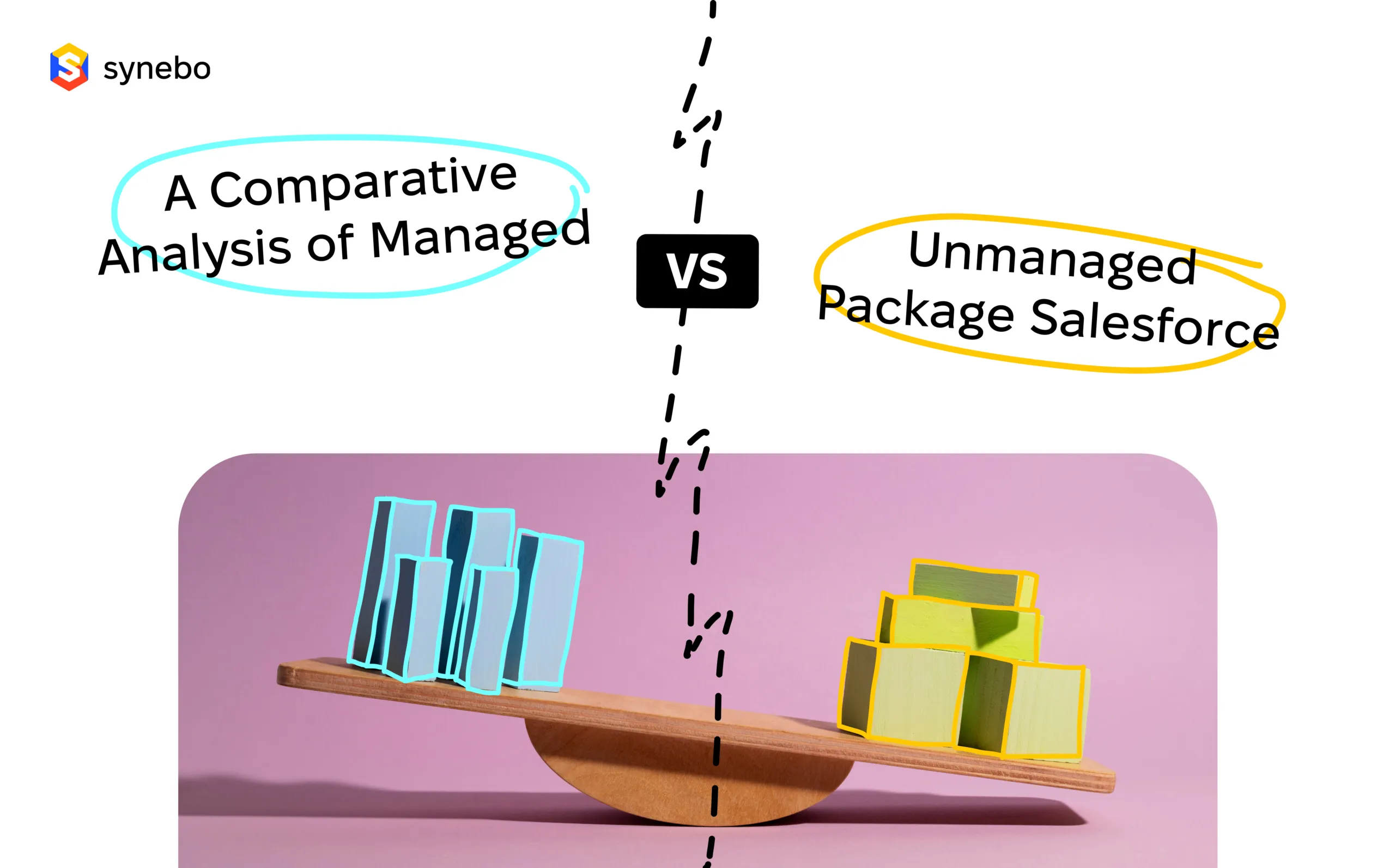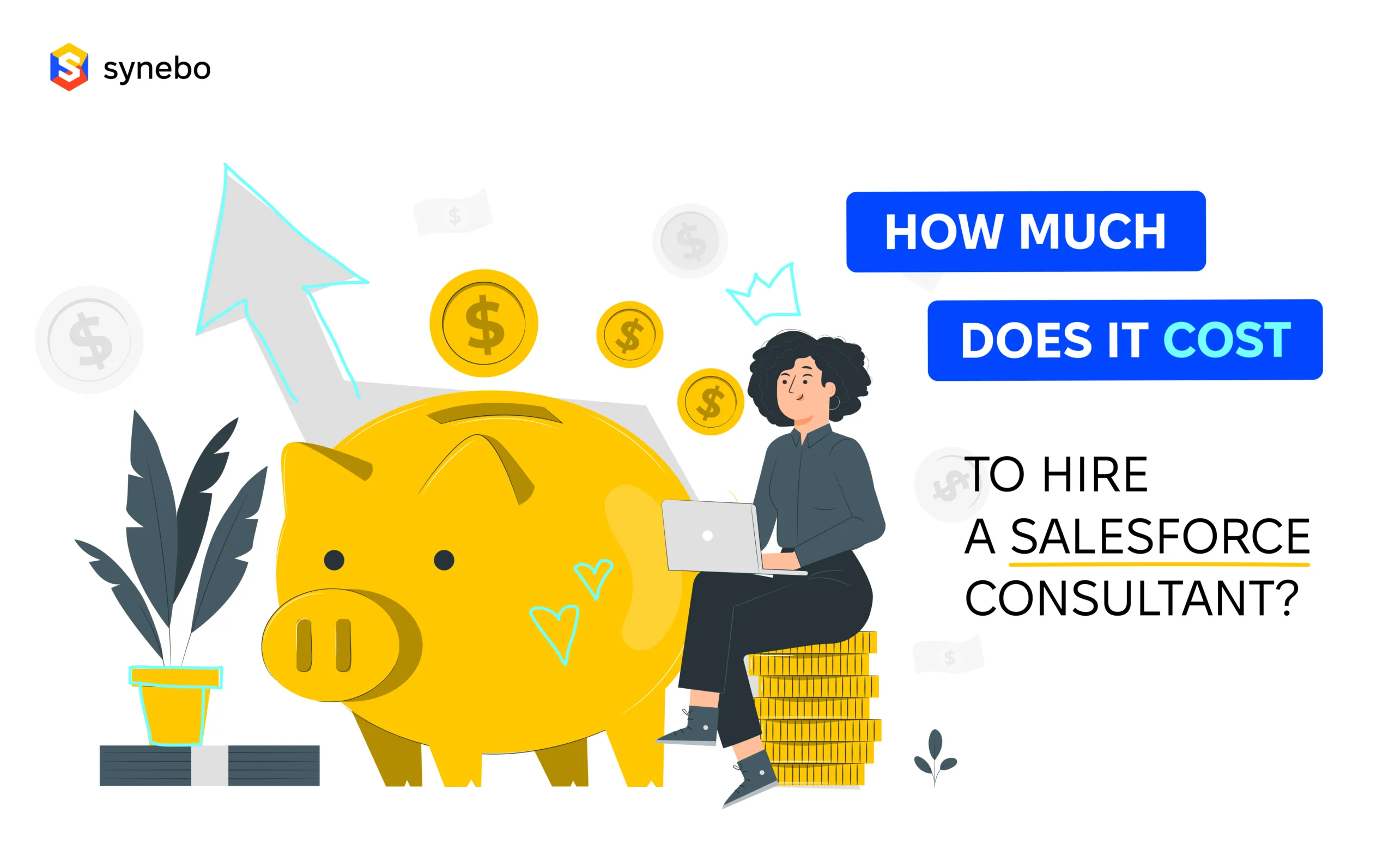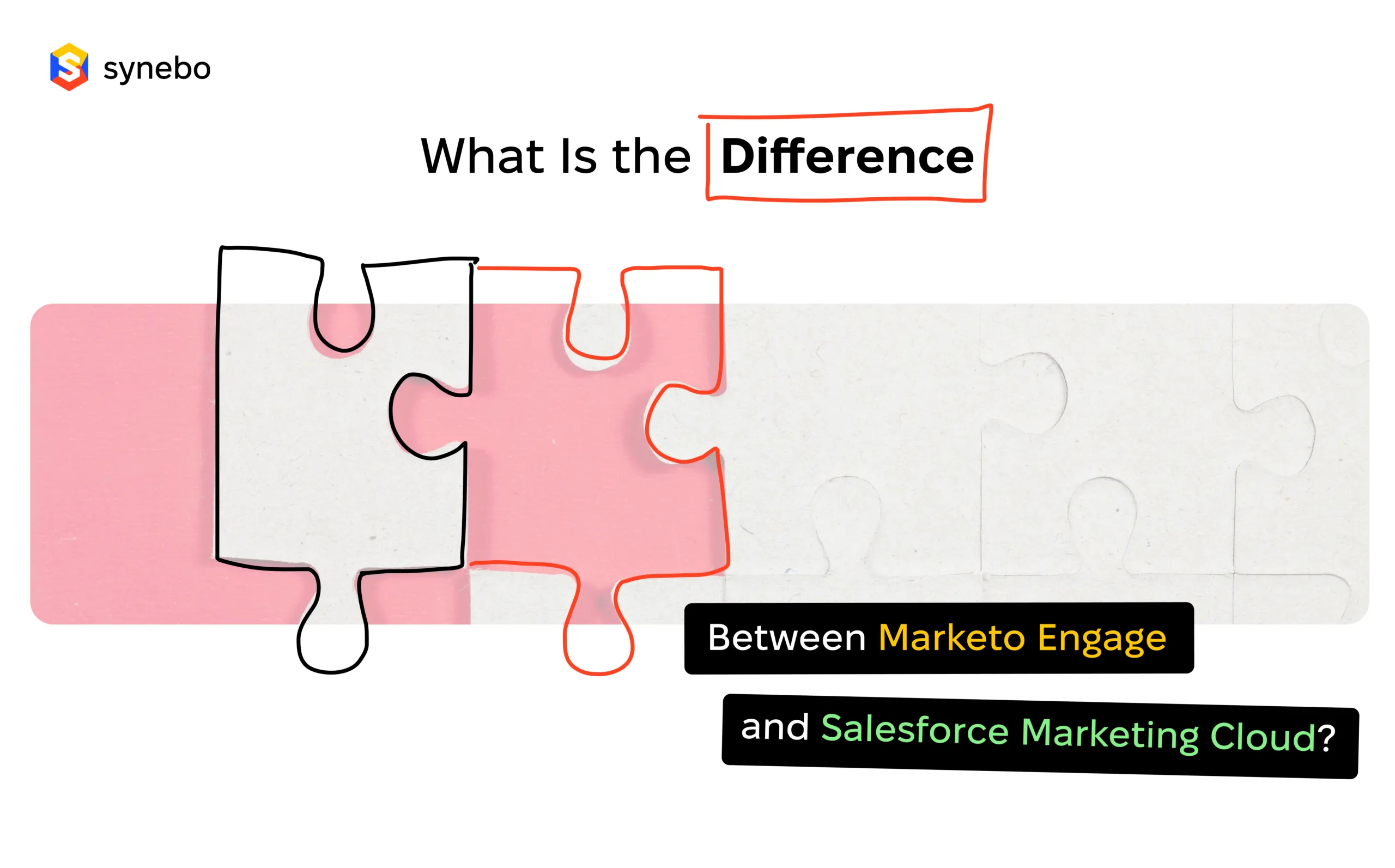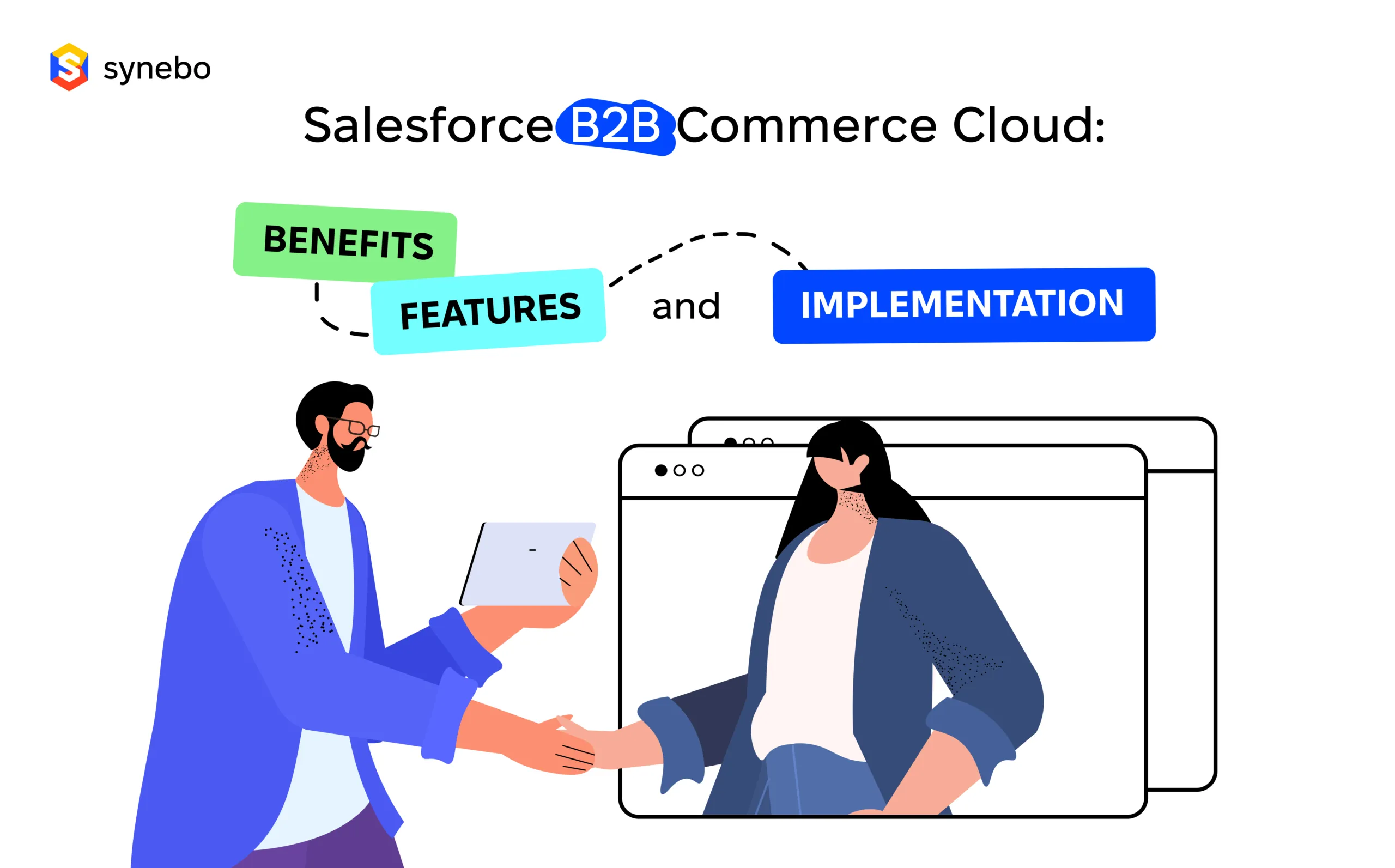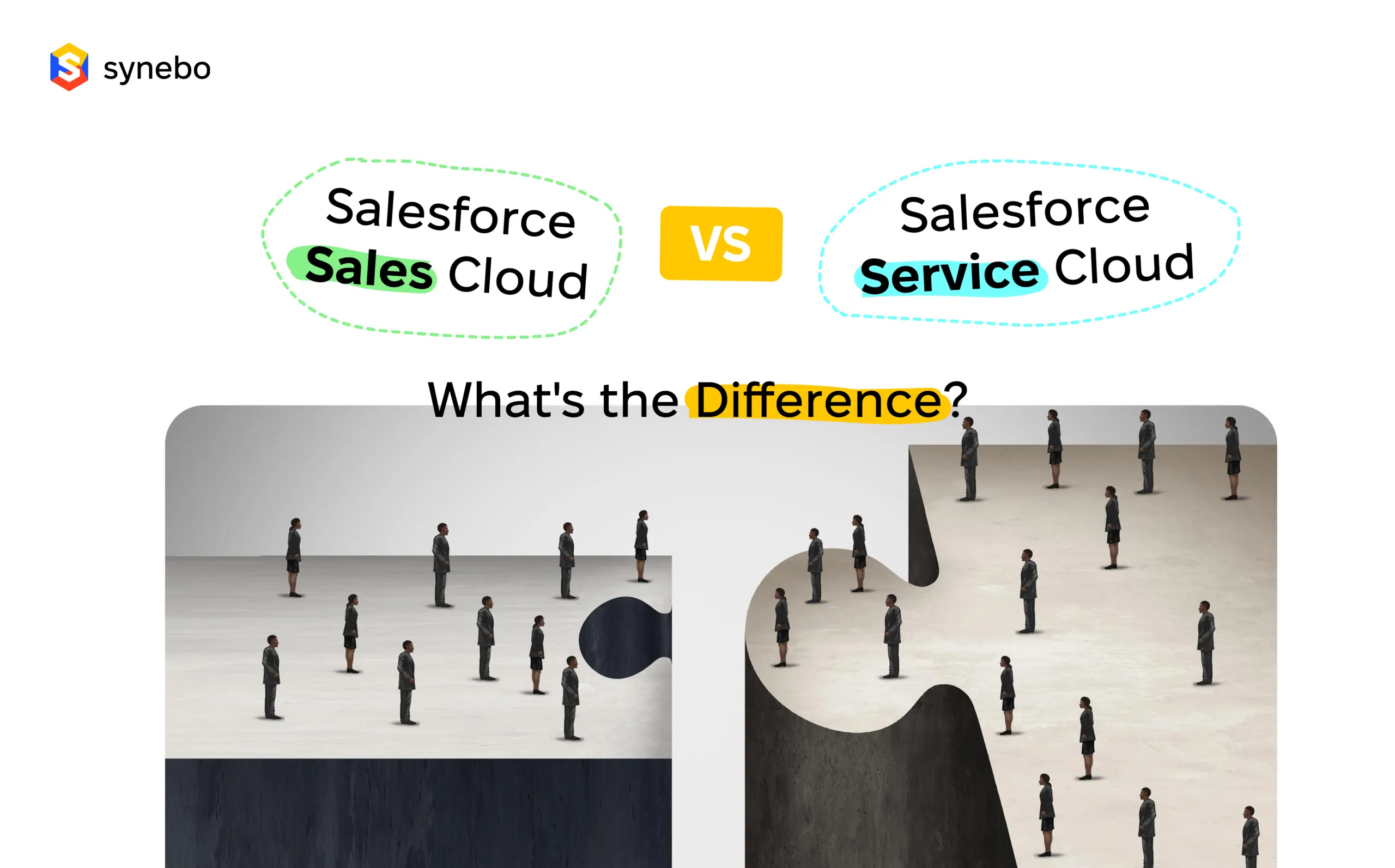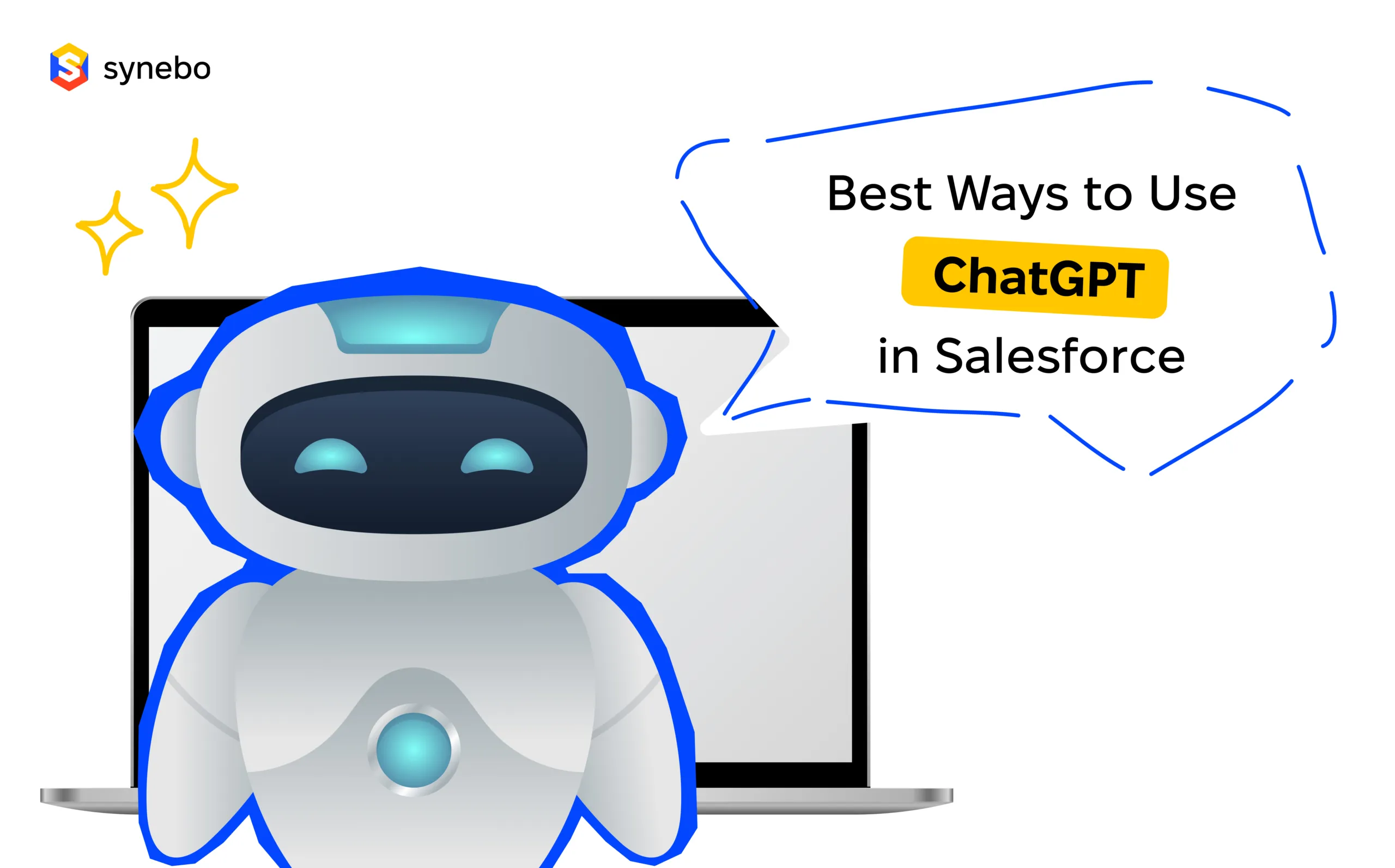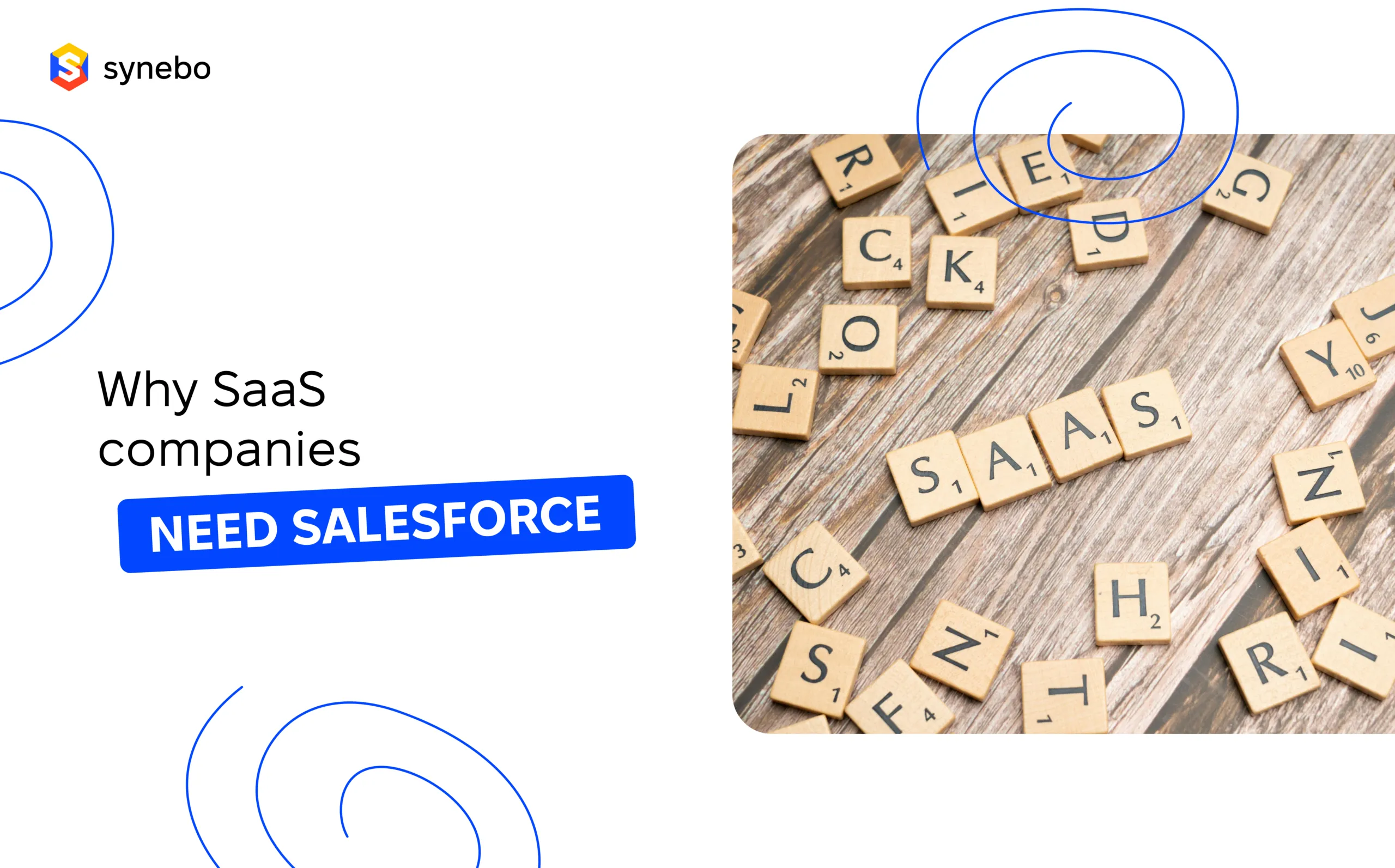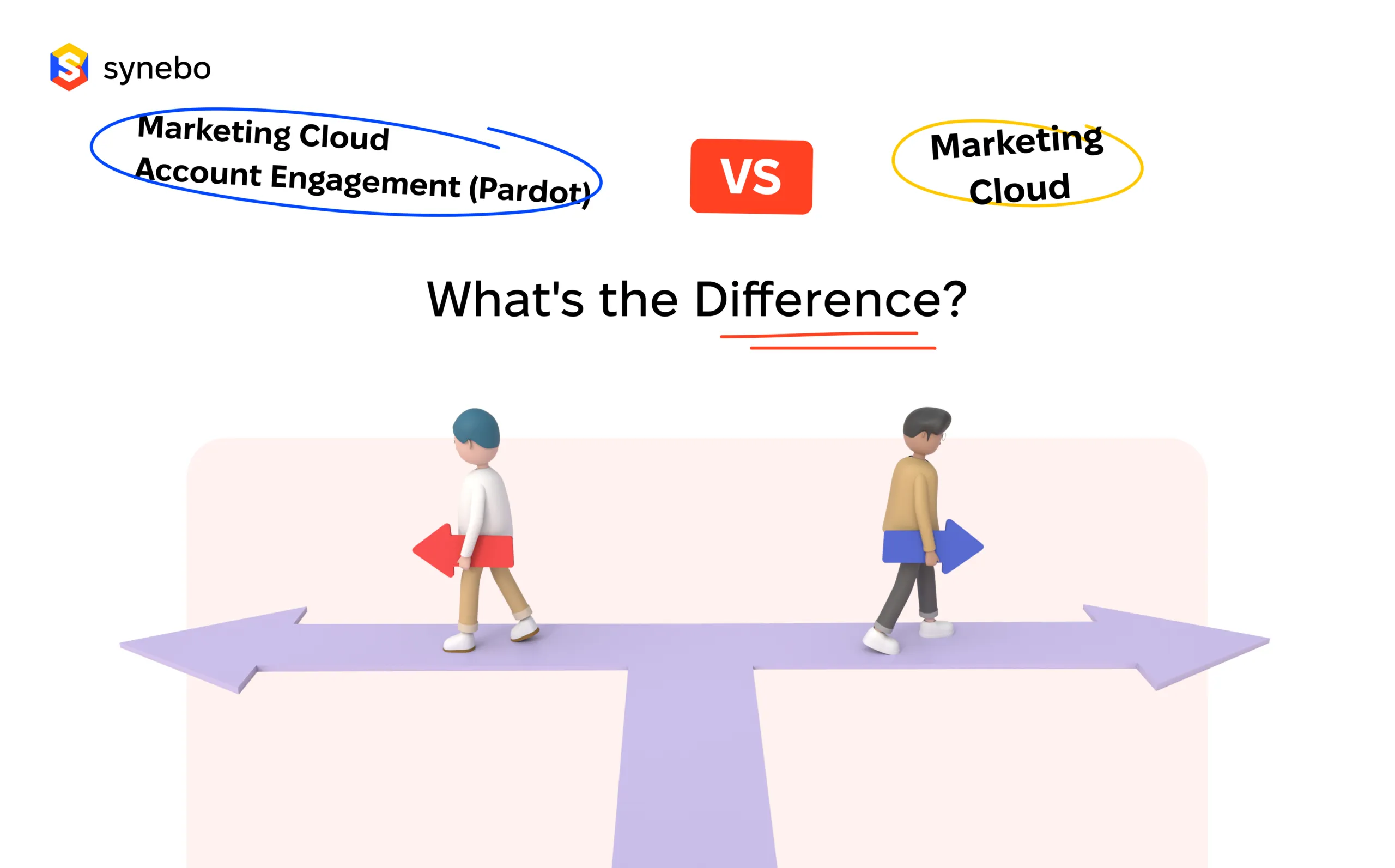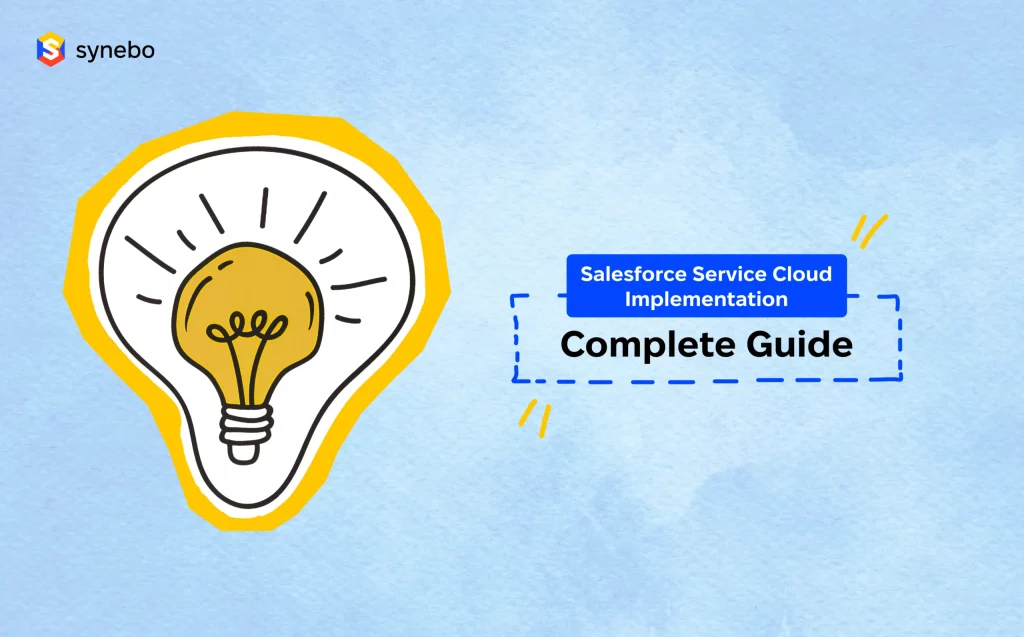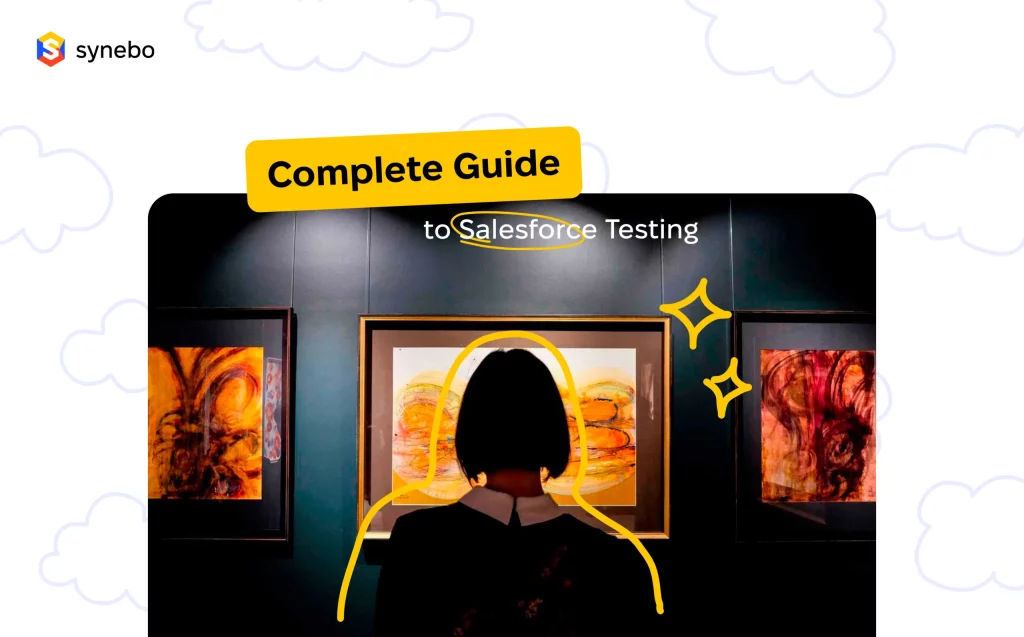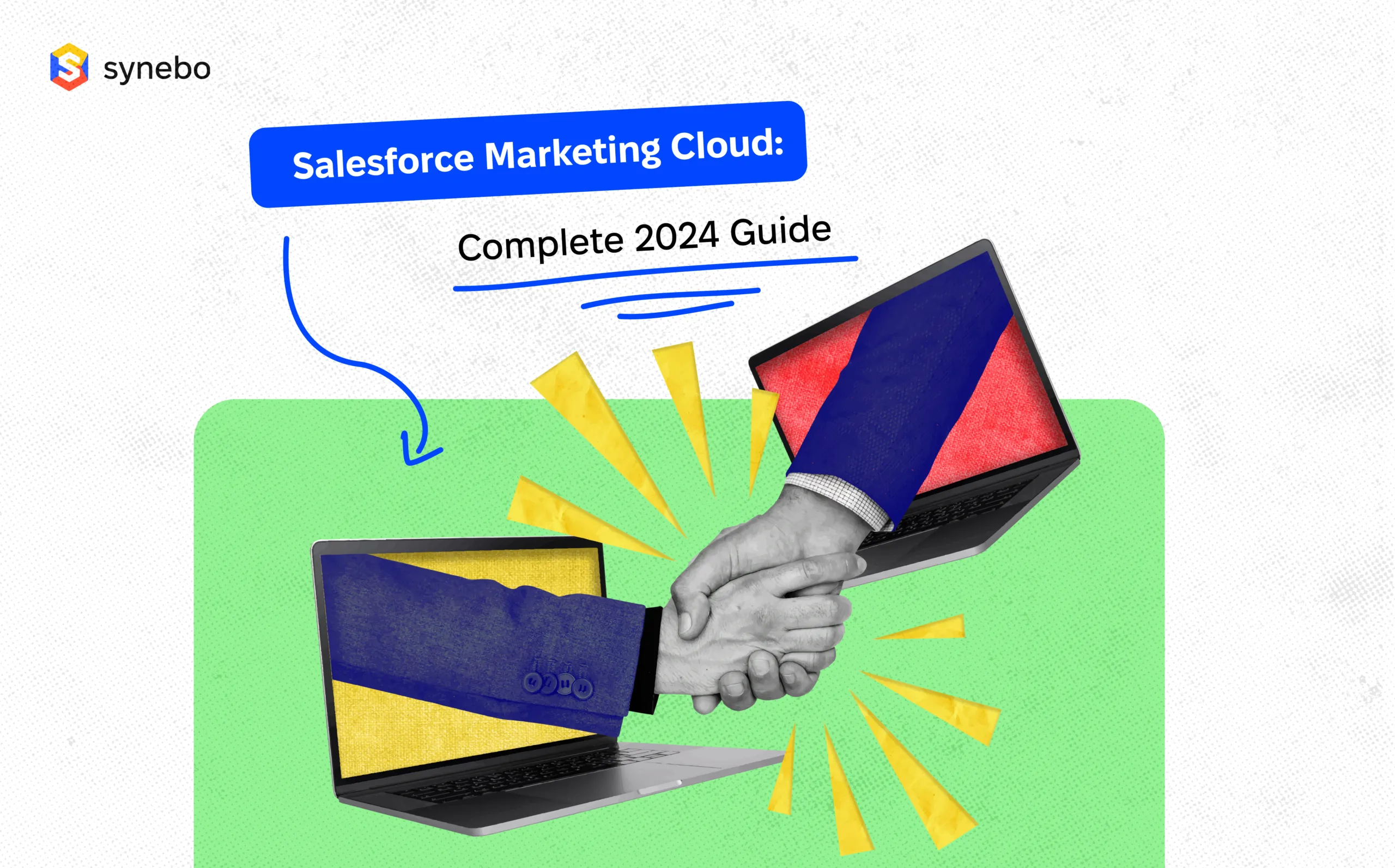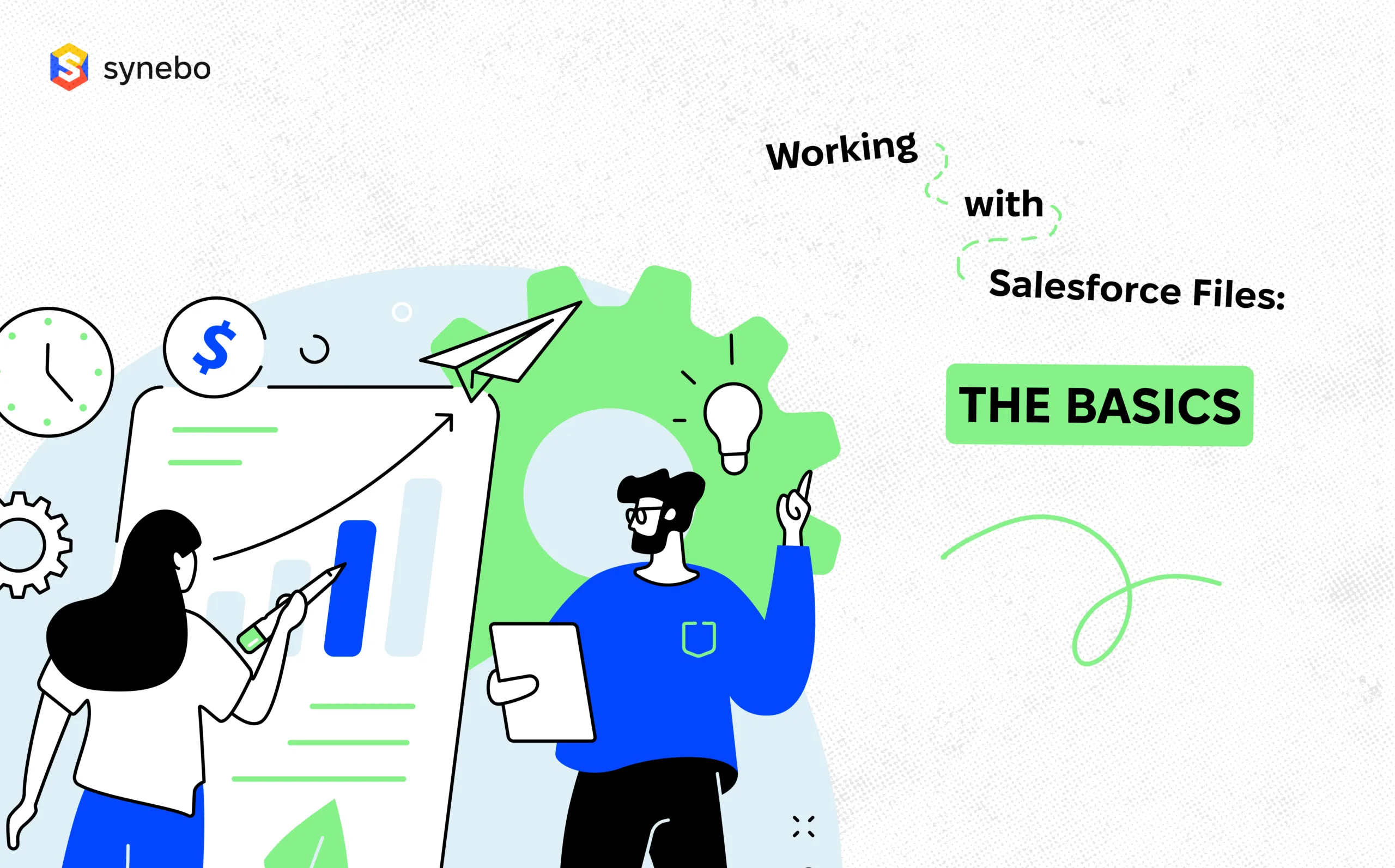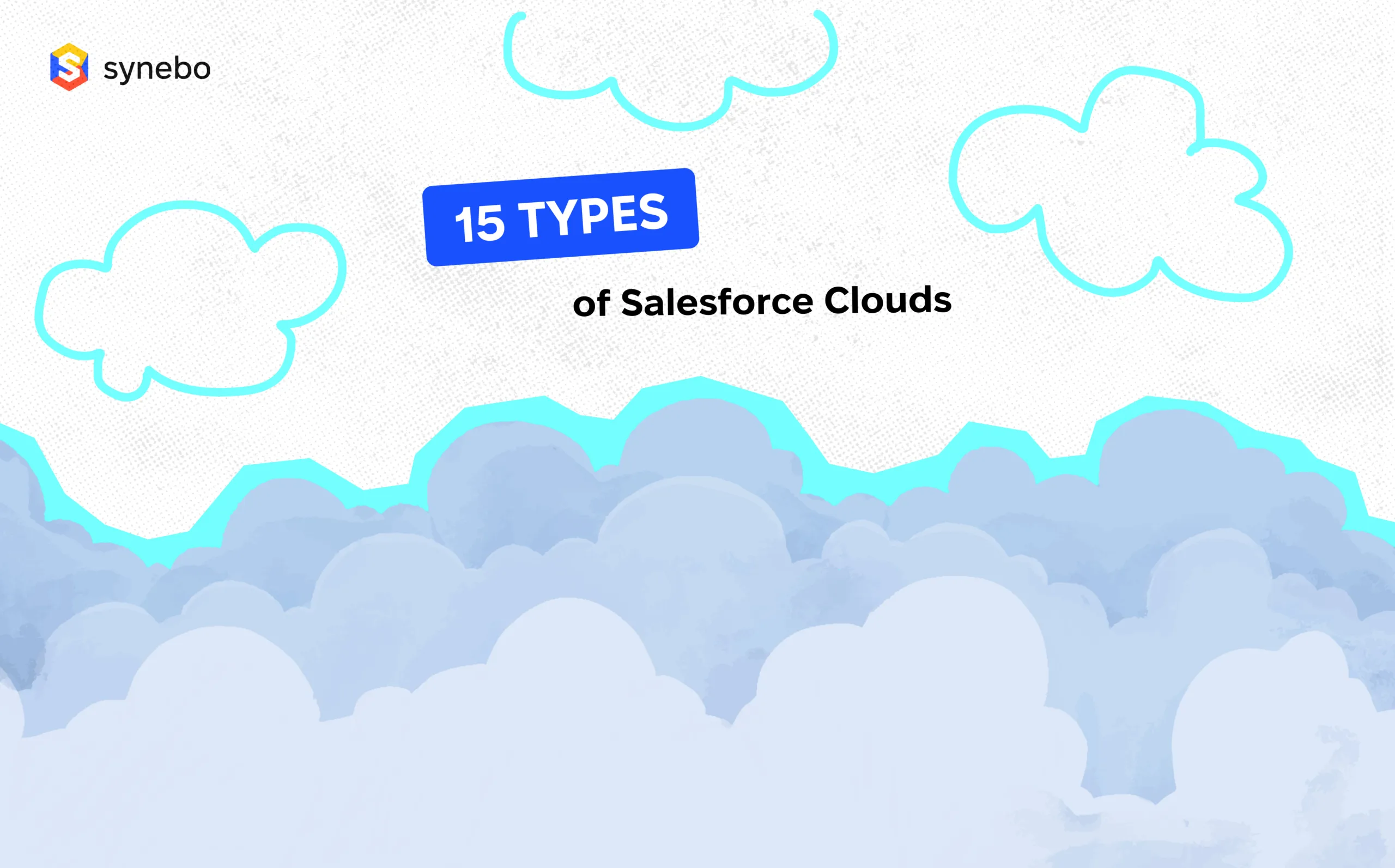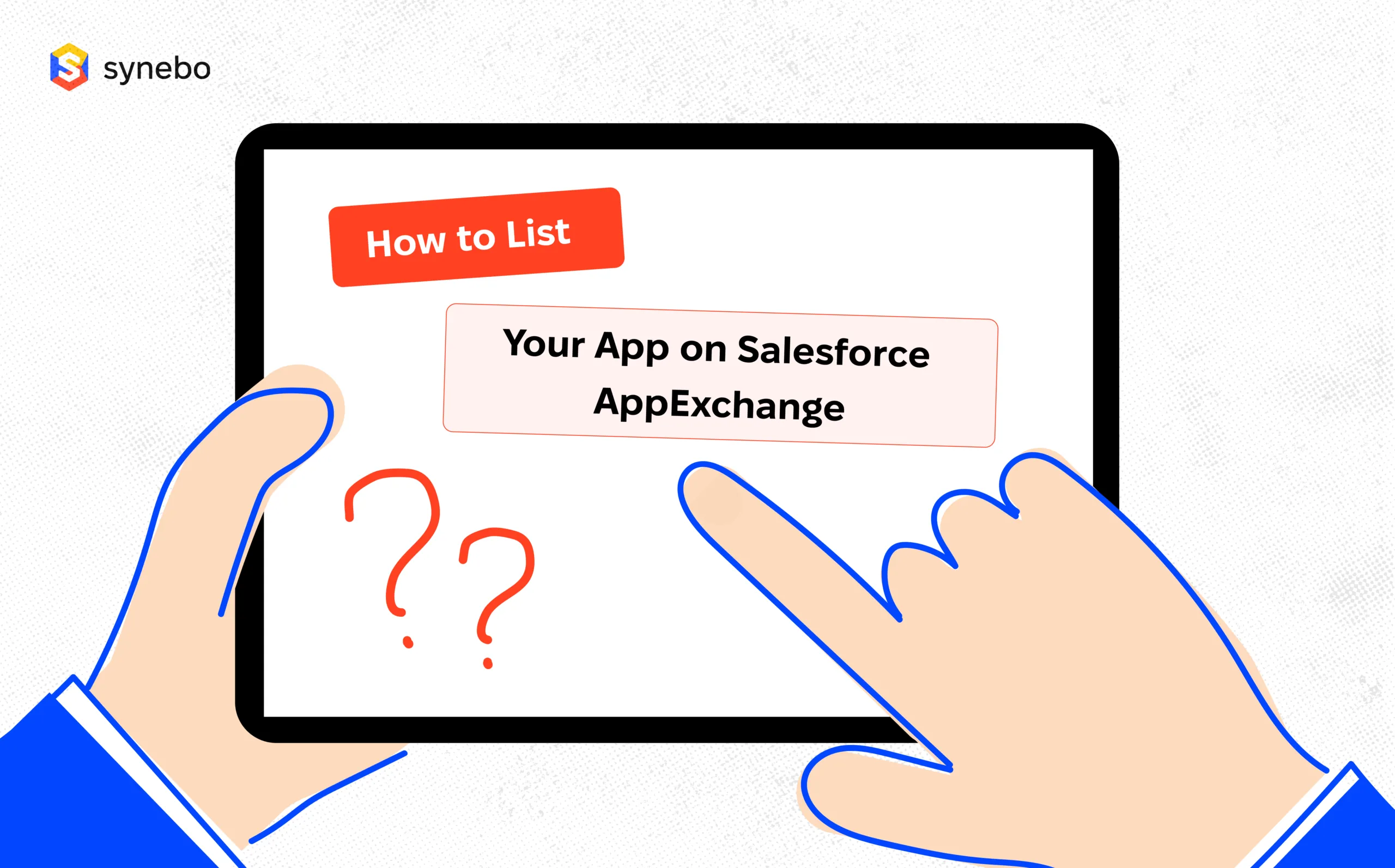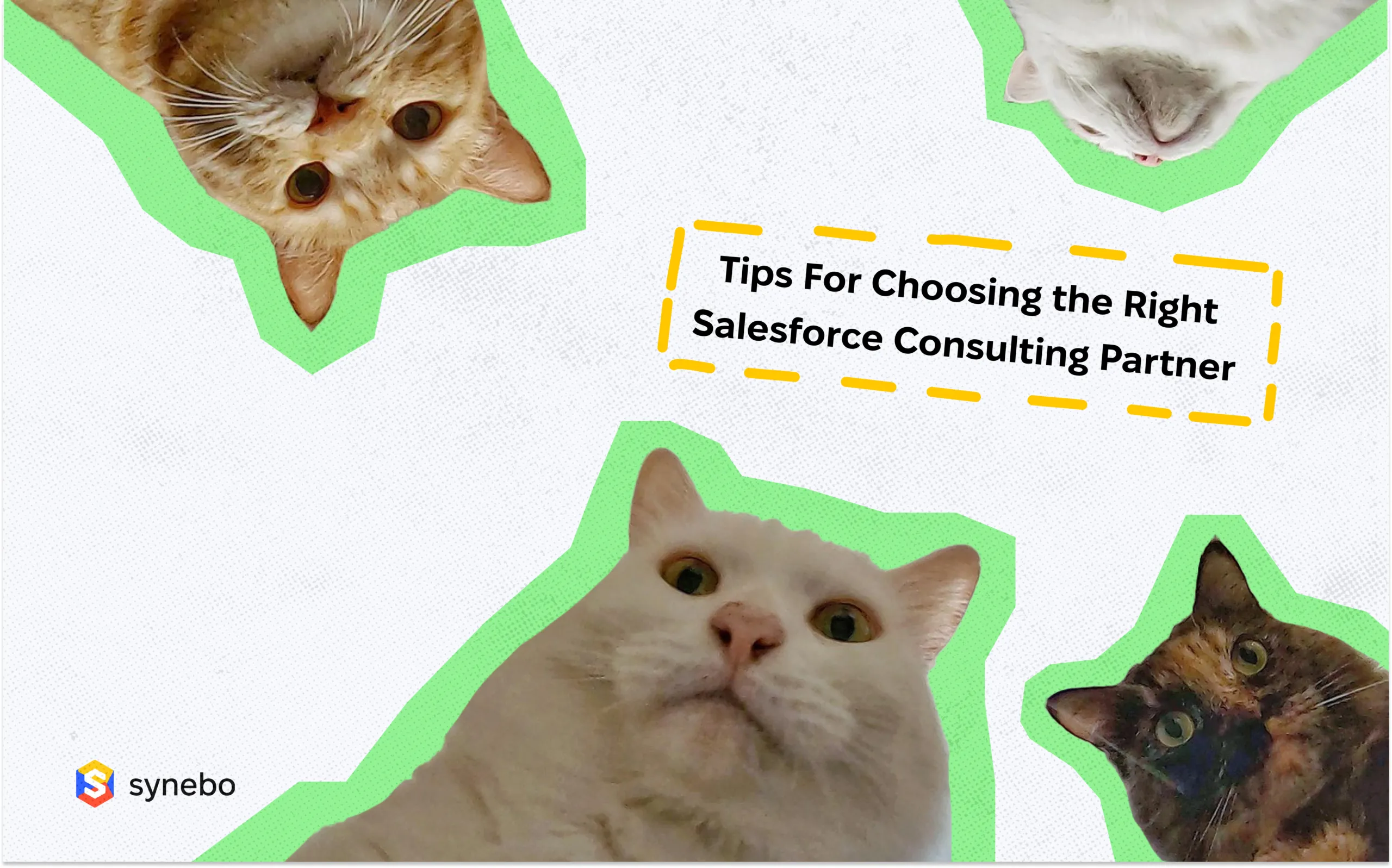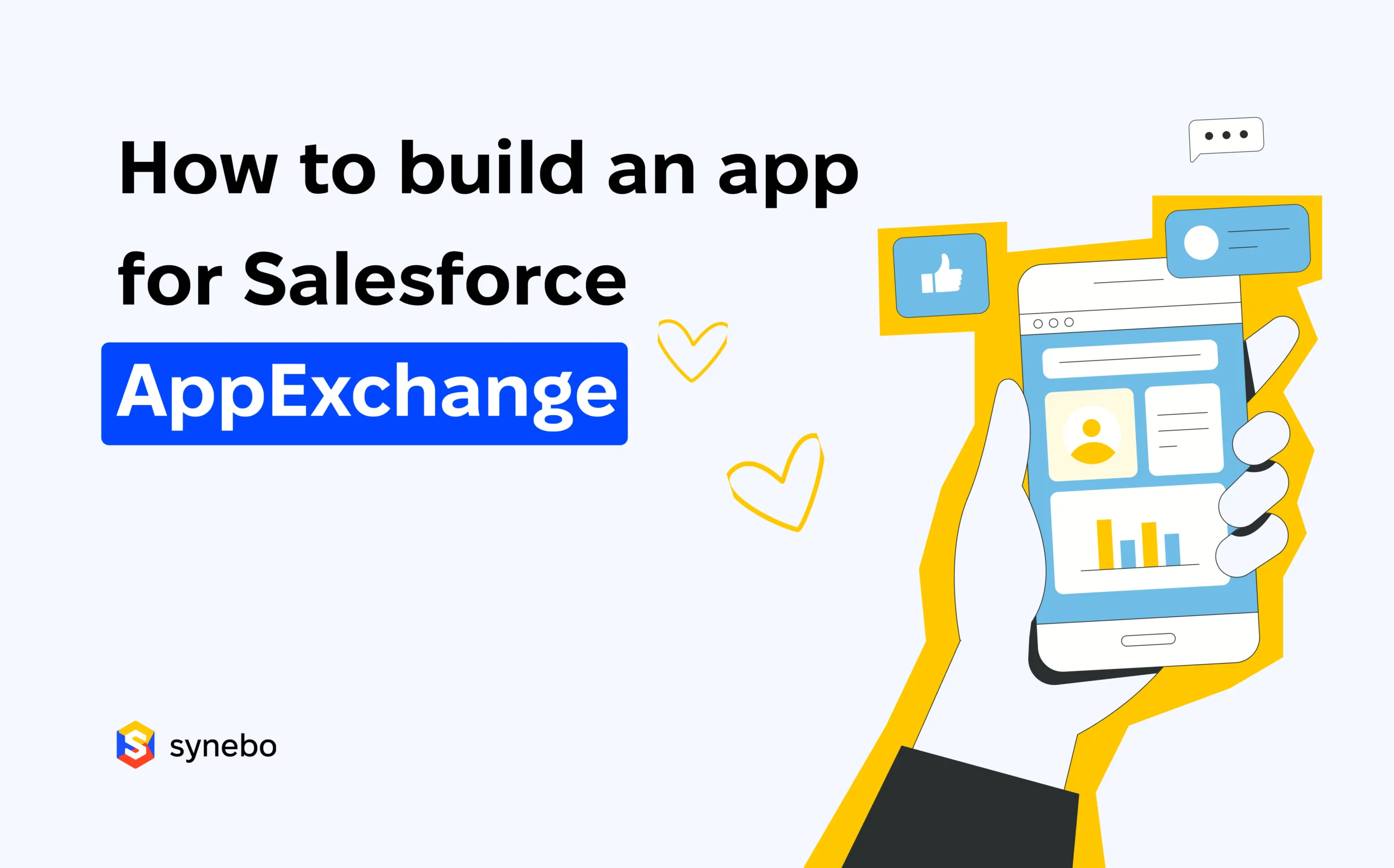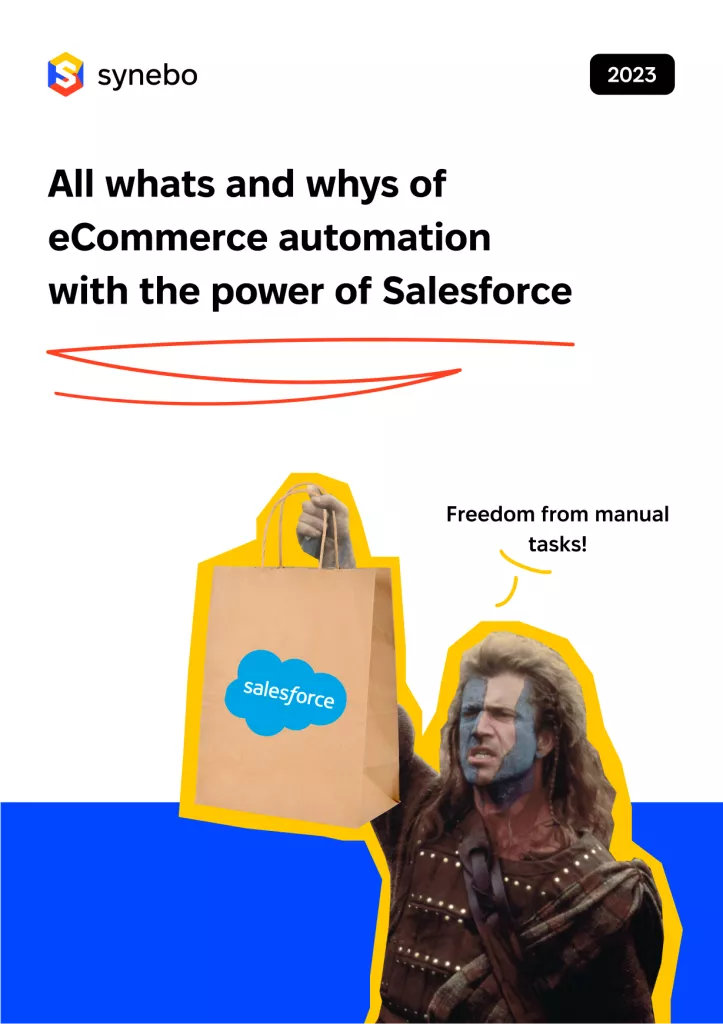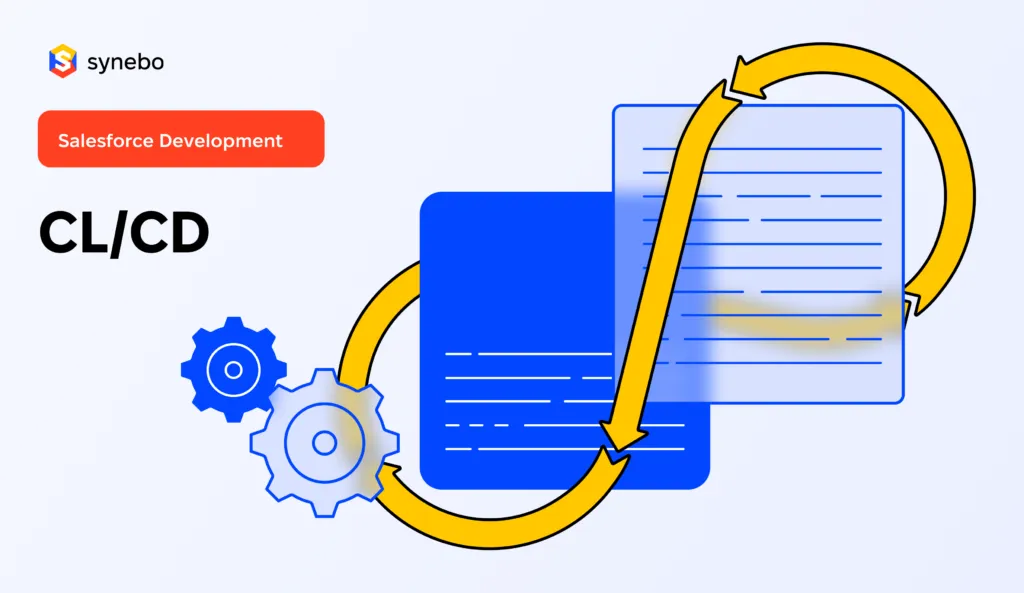The Complete Guide to Salesforce ISV Partners: Advantages and How to Become One
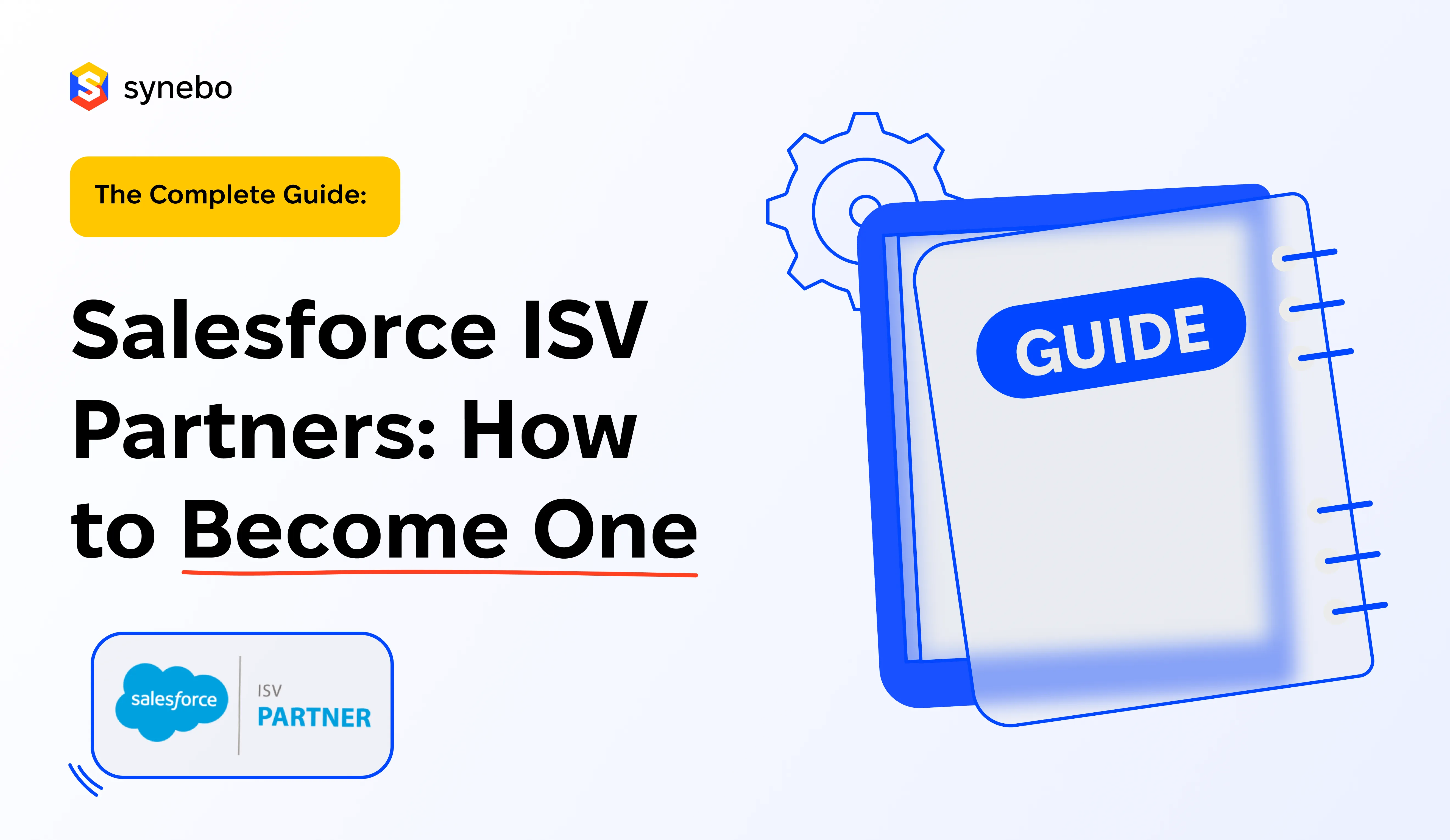
As the Salesforce ecosystem continues to flourish, the market for Salesforce Independent Software Vendors (ISVs) is projected to expand to $747.08 billion by the year 2030. This growth presents a substantial opportunity for ISVs to leverage Salesforce’s extensive network, innovative tools, and marketplace visibility to scale their business solutions and drive revenue.
As a leading Salesforce development company, Synebo is well-versed in the concept of ISV Partners Salesforce. Our experts are willing to share with your key bits of information related, so you can use it in business.
In this article, we will take an in-depth look at what it means to be a Salesforce ISV Partner, the benefits and challenges associated with it, and the future trends in this ever-evolving ecosystem.
The Concept of Salesforce ISV Partner Explained
With over 6,700 listings and more than 9 million installs, Salesforce AppExchange has emerged as a pivotal marketplace for ISV Partners looking to innovate and reach new heights.
This section explains what an ISV Partner Salesforce is, outlining their crucial role and the comprehensive process they undergo to deliver top-tier applications that enhance and extend the Salesforce ecosystem.
Definition and Role of a Salesforce ISV Partner
In the Salesforce ecosystem, an Independent Software Vendor (ISV) refers to a company that builds and sells applications on the Salesforce platform.
Simply put, an ISV Partners Salesforce is an organization that has entered into a partnership agreement with Salesforce to develop and distribute their own innovative solutions on the Salesforce AppExchange.
Being a Salesforce ISV Partner involves a deep commitment to innovation and customer success. These partners undergo rigorous training and certification processes to ensure that their applications meet Salesforce’s strict quality standards. This dedication to excellence sets ISV Partners apart as trusted providers of cutting-edge solutions within the Salesforce community.
As ISV Partners Salesforce, companies leverage their expertise to create complementary applications that enhance the functionality and extend the capabilities of the Salesforce platform. These applications are designed to address specific business needs across various industries.
Importance of a Salesforce ISV Partner in Business
The partnership with Salesforce as an ISV Partner offers immense strategic advantage for businesses. By building and selling applications on the Salesforce platform, ISV Partners can tap into a vast customer base and benefit from Salesforce’s brand reputation and global reach.
Through Salesforce AppExchange, ISV Partners gain access to a marketplace that enables them to showcase and sell their applications to Salesforce customers. This opens up new revenue streams and business opportunities, fostering growth and expansion.
Furthermore, the collaboration with Salesforce as an ISV Partner fosters a culture of innovation and continuous improvement. ISV Partners have the opportunity to work closely with Salesforce experts, gaining insights into industry best practices and emerging technologies. This collaborative environment encourages ISV Partners to push the boundaries of what is possible, driving forward the evolution of the Salesforce ecosystem.
Ready to bring your app idea to life on Salesforce? Explore our Salesforce App Development services to see how we can help.
The Salesforce ISV Partner Ecosystem: Key Components & Benefits
The ISV Partners Salesforce ecosystem is a robust network that brings together ISV Partners, Salesforce, customers, and other stakeholders. It comprises various components that contribute to the overall success and growth of ISV Partners.
There are five key components in the Salesforce ISV Partner ecosystem:
- Salesforce platform. The foundation of the ecosystem, the Salesforce platform, provides the infrastructure and tools for ISV Partners to build, deploy, and manage their applications.
- Salesforce AppExchange. The marketplace where ISV Partners showcase and distribute their applications to Salesforce customers. It serves as a hub for discovering and evaluating third-party solutions.
- Salesforce ISV Partner program. The program is designed specifically for ISV Partners, providing them with resources, training, and support to develop and market their applications effectively.
- Community collaboration. Collaboration is at the heart of the Salesforce ISV Partner ecosystem. ISV Partners have the opportunity to engage with other partners, Salesforce experts, and customers through various community channels. These channels include online forums, user groups, and events where partners can share insights, best practices, and success stories. This collaborative environment fosters innovation, knowledge sharing, and the building of valuable relationships.
- Technical enablement. Salesforce offers comprehensive technical enablement resources to ISV Partners, ensuring they have the necessary knowledge and skills to develop and maintain high-quality applications. This includes access to developer documentation, training materials, webinars, and hands-on workshops. By investing in the technical enablement of ISV Partners, Salesforce empowers them to create innovative solutions that meet the evolving needs of customers.
Looking for Salesforce app development or Salesforce migration services from a certified provider? Drop Synebo a line.
How the Ecosystem Benefits Salesforce ISV Partners
The ISV Partners Salesforce ecosystem offers several benefits to ISV Partners, enabling them to thrive and succeed in their business endeavors:
- Access to a Vast Customer Base. The ecosystem provides access to a vast customer base through the Salesforce platform and AppExchange. This exposure to potential customers increases visibility and facilitates the adoption of their applications.
- Leverage Salesforce’s Partner Network. ISV Partners can leverage Salesforce’s extensive network of partners, including consulting firms and system integrators, to gain additional marketing and sales support. Collaborating with these partners can lead to new business opportunities and strengthen their market position.
- Innovation and Regular Product Updates. ISV Partners can stay ahead of the competition by taking advantage of Salesforce’s ongoing innovation and product updates. This ensures that their applications are compatible with the latest features and functionalities, thus enhancing customer satisfaction and retention.
- Marketing and Promotional Opportunities. The Salesforce ISV Partner ecosystem offers a range of marketing and promotional opportunities for ISV Partners. Through joint marketing campaigns, co-branded events, and featured listings on the AppExchange, ISV Partners can increase brand visibility and generate leads. These marketing initiatives are designed to help ISV Partners reach their target audience and drive business growth.
Navigate the complexities of Salesforce implementation with confidence. Learn from our experiences on Salesforce implementation: main challenges and best practices.
How to Become a Salesforce ISV Partner
Becoming a Salesforce ISV Partner requires meeting certain prerequisites. To start, companies must have a distinct and marketable application idea that complements the Salesforce platform and addresses specific business needs.
Moreover, having a team with strong technical expertise in Salesforce development and a deep understanding of the Salesforce ecosystem is essential. This ensures the ability to build and maintain high-quality applications that meet the robust standards set by Salesforce.
But what exactly does it mean to have a distinct and marketable application idea? Well, it means having an innovative solution that stands out from the crowd and provides unique value to Salesforce customers. This could be a cutting-edge feature that solves a common pain point, or a seamless integration with other popular business tools. The possibilities are endless, but the key is to offer something that truly enhances the Salesforce experience.
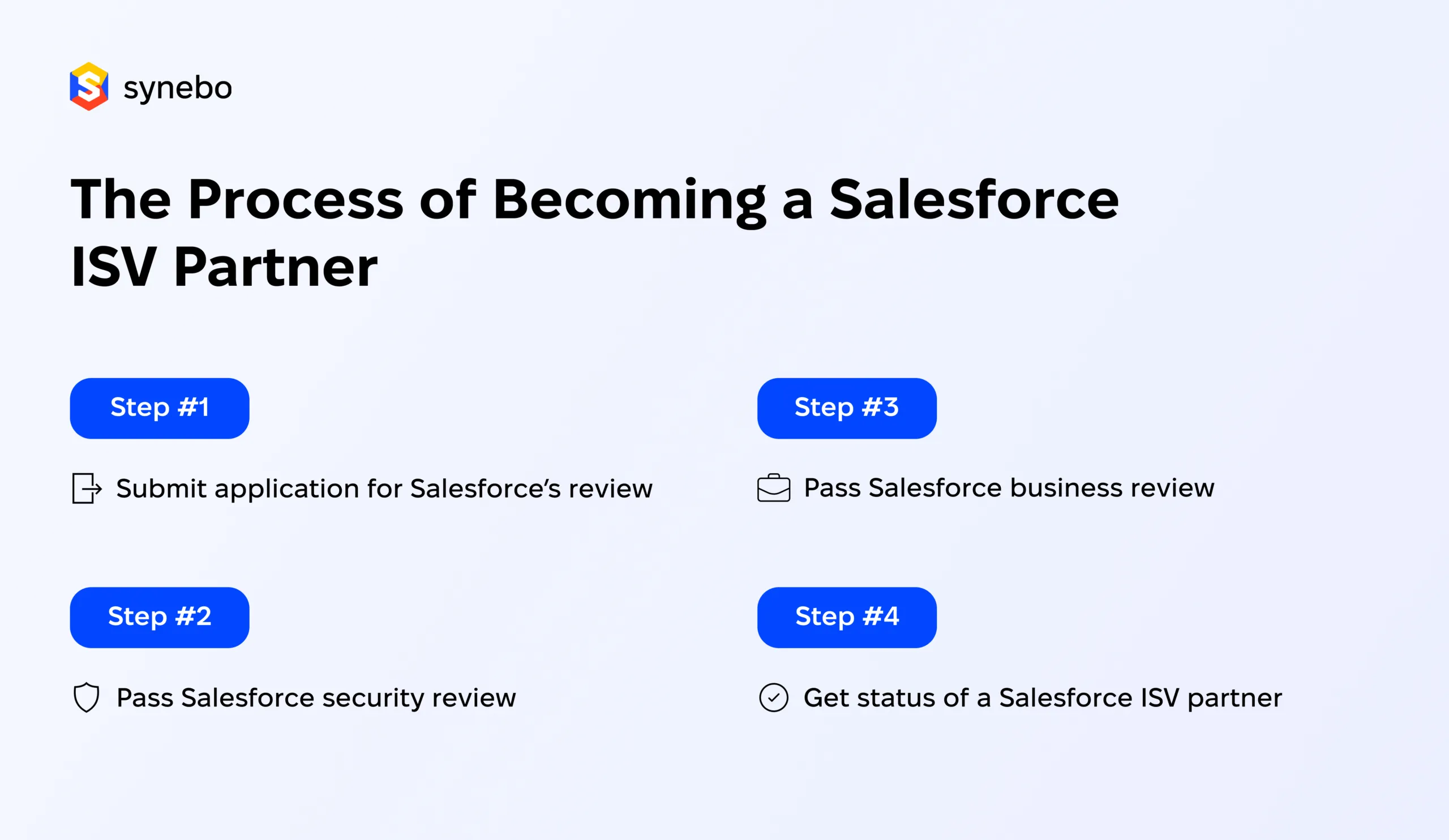
The Process of Becoming a Salesforce ISV Partner
The process of becoming a ISV Partners Salesforce involves several steps, including application submission, security review, and business review.
Step #1
Firstly, companies must submit their application for Salesforce’s review. This involves providing detailed information about the application, its functionality, and its intended target audience. It’s important to showcase how the application aligns with Salesforce’s vision and how it can benefit their vast customer base.
Step #2
Next, the application goes through a comprehensive security review to ensure that it adheres to Salesforce’s stringent security standards. This step is crucial to protect customer data and maintain the integrity of the Salesforce platform. Salesforce takes security very seriously, and as an ISV Partner, it is imperative to demonstrate a commitment to safeguarding customer information.
Step #3
Lastly, Salesforce conducts a business review where they evaluate the company’s business model, go-to-market strategy, and overall alignment with Salesforce’s core values and goals. This step is not just about the technical aspects of the application, but also about the company’s ability to successfully market and sell their product. Salesforce wants to ensure that their ISV Partners are well-positioned to thrive in the Salesforce ecosystem and contribute to its growth.
Step #4
Once all these steps are successfully completed, the company is recognized as an official Salesforce ISV Partner. This opens up a world of opportunities to collaborate with Salesforce, access their extensive resources, and reach a wider customer base. It’s a testament to the company’s dedication to innovation and their commitment to providing exceptional solutions on the Salesforce platform.
Discover the key questions to ask before choosing your Salesforce implementation partner. Read our blog on 20 questions to ask your potential Salesforce implementation partner.
Advantages of Being a Salesforce ISV Partner
Being ISV Partners Salesforce opens up a world of business growth opportunities. With access to Salesforce’s vast customer base and AppExchange, ISV Partners can reach new markets and expand their customer reach exponentially.
Business Growth Opportunities for Salesforce ISV Partners
By leveraging the Salesforce platform, ISV Partners can easily integrate their applications with other Salesforce products, creating a seamless experience for customers. This integration capability enhances the value proposition of their applications and increases customer satisfaction.
Expanding on the business growth aspect, Salesforce ISV Partners also have the advantage of participating in various marketing and promotional activities organized by Salesforce. This includes being featured in Salesforce events, webinars, and marketing campaigns, which can significantly boost visibility and credibility in the industry.
Moreover, Salesforce ISV Partners have the opportunity to collaborate with other partners and Salesforce experts, fostering a network of support, knowledge sharing, and potential business partnerships. This collaborative ecosystem not only enhances the partner’s capabilities but also opens doors to new business opportunities and collaborations.
Technical Support and Resources for ISV Partners Salesforce
As a Salesforce ISV Partner, companies benefit from comprehensive technical support and resources provided by Salesforce. This includes access to documentation, training programs, and online communities where partners can connect, learn, and collaborate.
Additionally, ISV Partners Salesforce receive priority support for technical issues, ensuring that any challenges or roadblocks they encounter are addressed in a timely manner. This level of support enables ISV Partners to focus on innovation and building exceptional applications.
Delving deeper into the technical support aspect, Salesforce ISV Partners also have the advantage of early access to new Salesforce features and updates. This early access allows partners to align their product development roadmap with Salesforce’s innovations, ensuring that their applications remain cutting-edge and competitive in the market.
Need expert guidance on your Salesforce journey? Check out our Salesforce Consulting services for professional support.
Challenges Faced by Salesforce ISV Partners, Solutions, and Strategies
While being a Salesforce ISV Partner offers numerous advantages, it is not without its challenges.
- Keeping Up with Rapid Changes
- Challenge: Staying current with the continuous updates and developments in the Salesforce platform and ecosystem.
- Solution: ISV Partners should engage in ongoing training and education. Participating in Salesforce events like Dreamforce offers insights into the latest trends and updates, ensuring partners are well-informed.
- Competition Among Partners
- Challenge: Facing intense competition from other ISV Partners who may offer similar applications.
- Solution: Partners need to differentiate their offerings by focusing on unique value propositions and targeting specific niche markets or industry verticals.
- Innovation and Adaptation
- Strategy: To remain competitive, ISV Partners must adopt a proactive approach to innovation and continuously improve their technical and market knowledge.
- Tools: Utilizing resources like Salesforce Trailhead, an interactive learning platform, helps in exploring new technologies and best practices, enhancing competitiveness.
- Brand Identity and Market Positioning
- Strategy: Establishing a strong brand identity and clear communication of the benefits of their solutions are vital. Highlighting expertise and success stories builds credibility and trust with potential customers.
- Building Strategic Partnerships
- Strategy: Developing strong relationships with Salesforce’s network of partners, including system integrators, opens up new customer segments and provides a competitive edge.
- Outcome: Collaboration with ecosystem players can lead to strategic partnerships and joint offerings, broadening the impact and reach of ISV solutions.
By addressing these challenges with proactive strategies and leveraging the tools and opportunities provided by the Salesforce ecosystem, ISV Partners can not only survive but thrive, turning potential obstacles into avenues for growth and innovation.
Learn the best ways to utilize ChatGPT within Salesforce to boost your business efficiency. Visit our blog on using ChatGPT in Salesforce.
The Future of Salesforce ISV Partners: Emerging Trends
At Synebo, we’re at the forefront of the evolving Salesforce ISV Partner ecosystem, particularly in the development of industry-specific applications that cater to unique sector needs. A standout example of our work is the custom CPQ package we developed for PandaDoc, available on the Salesforce AppExchange. This specialized solution significantly streamlines and automates document handling processes, specifically designed to enhance the sales workflows by efficiently managing complex document generation.
The future of ISV Partners Salesforce is promising, with several emerging trends shaping the ecosystem:
- Increasing demand for industry-specific applications tailored to meet the unique requirements of different sectors.
- Exploration and incorporation of artificial intelligence and machine learning into applications.
- Leveraging AI and ML to provide intelligent insights, automate repetitive tasks, and deliver personalized experiences to end-users.
The future of Salesforce ISV Partners is bright, with these emerging trends shaping the ecosystem and driving innovation.
Preparing for the Future as a Salesforce ISV Partner
To prepare for the future, Salesforce ISV Partners must stay agile and adaptable. This involves actively monitoring industry trends and customer needs, and continuously innovating their applications to stay ahead of the curve.
Prioritizing security and data privacy in applications. With the increasing focus on data protection and compliance, customers are seeking solutions that ensure the confidentiality and integrity of their sensitive information. By implementing robust security measures and obtaining relevant certifications, ISV Partners can instill trust in their customers and gain a competitive edge in the market.
Fostering strong relationships with Salesforce and other ecosystem partners. This strategy is key to capitalize on emerging opportunities and maximize business growth. Collaborating with Salesforce and its extensive network of partners can open doors to new markets, provide access to valuable resources and expertise, and enable ISV Partners to reach a wider customer base.
Actively participating in Salesforce events. These events, such as Dreamforce, serve as a platform for collaboration, knowledge sharing, and building meaningful connections that can drive success in the Salesforce ecosystem. This way, ISV Partners can showcase their applications, network with industry leaders, and gain insights into the latest trends and innovations.
Enhance your operational efficiency with our strategies. Dive into our blog on 8 ways to streamline your business with Salesforce development.
Final Take
Becoming a Salesforce ISV Partner is a strategic move for companies aiming to leverage the power of the Salesforce platform and ecosystem. By developing and selling innovative applications, ISV Partners can unlock new revenue streams, access a vast customer base, and drive business growth. However, success as an ISV Partner Salesforce requires staying informed, overcoming challenges, and embracing the evolving trends shaping the Salesforce ecosystem.
Elevate your business’s potential with Synebo, your dedicated guide through the Salesforce ecosystem. As a certified Salesforce partner and PDO, we are experts in custom CRM solutions, specializing in Salesforce consulting, Salesforce development, and Salesforce integration. Whether you’re transitioning from another CRM, looking to develop on the AppExchange, or integrating advanced systems, Synebo is here to help. Reach out to us to get started on your path as a Salesforce ISV Partner.
Looking for a trusted Salesforce partner? Contact us


